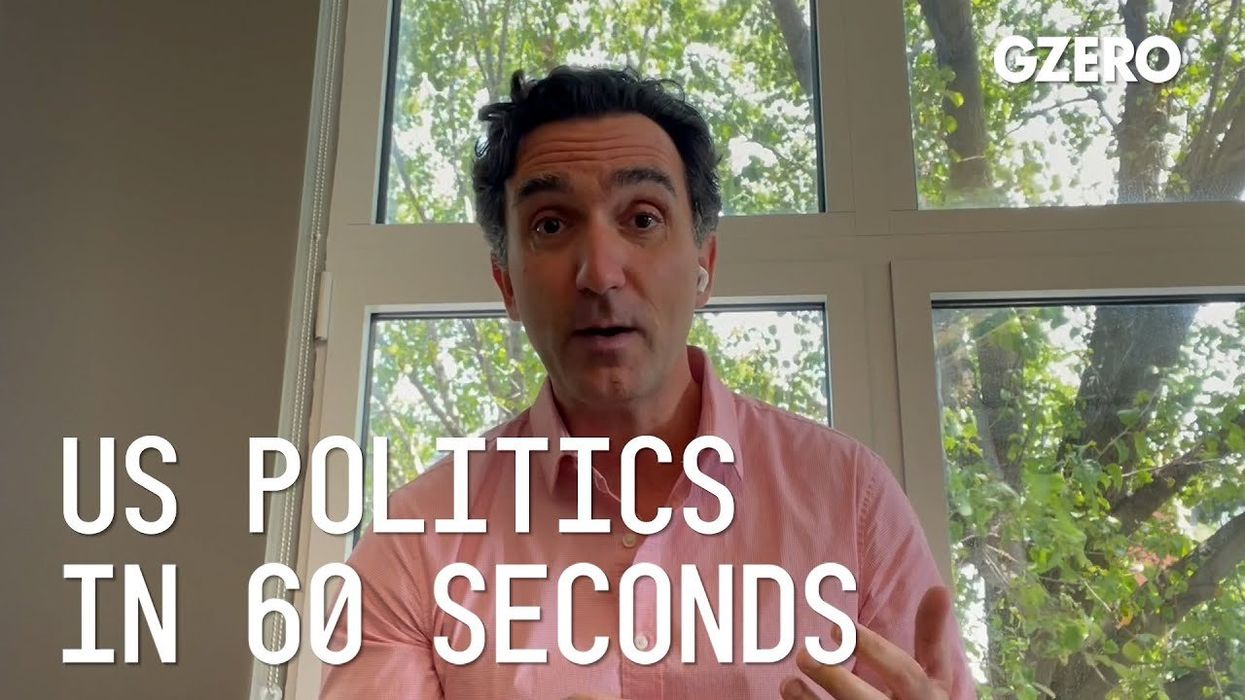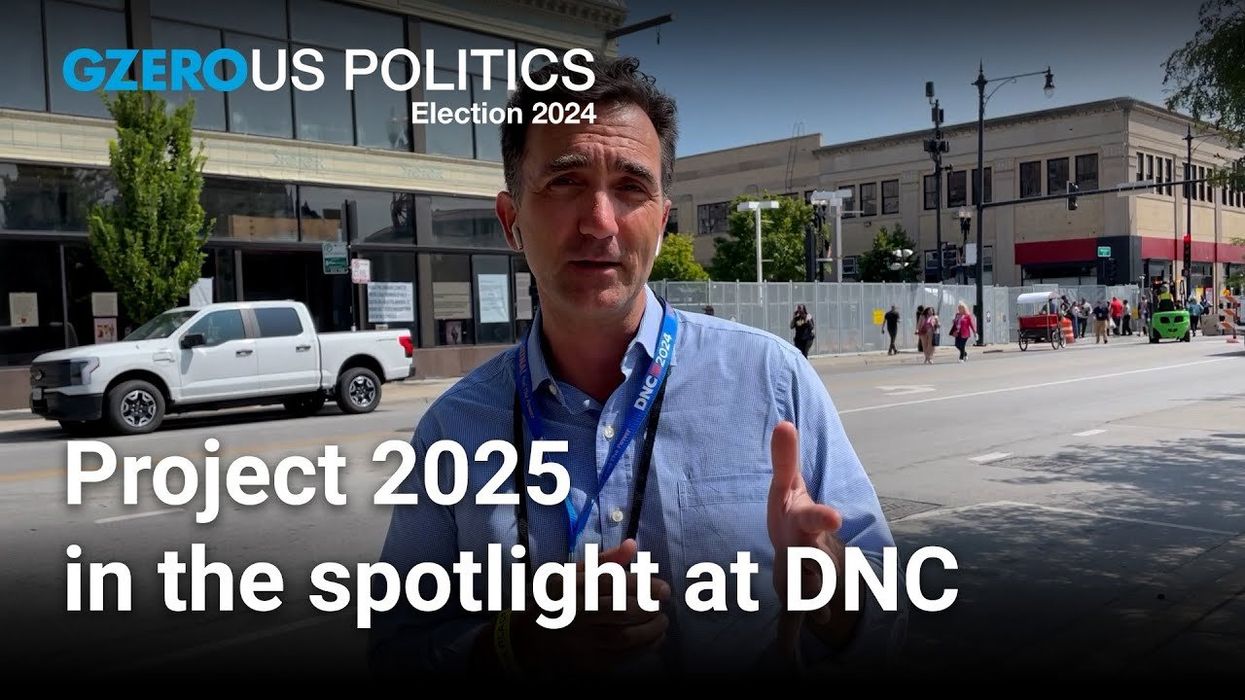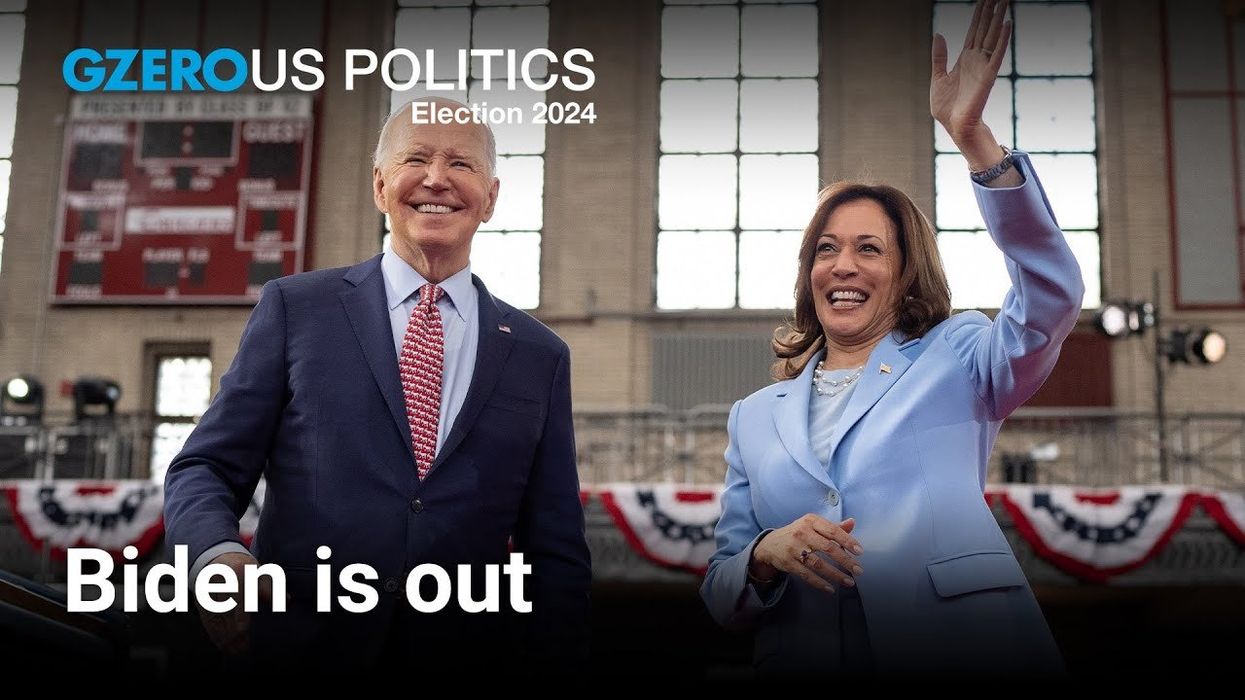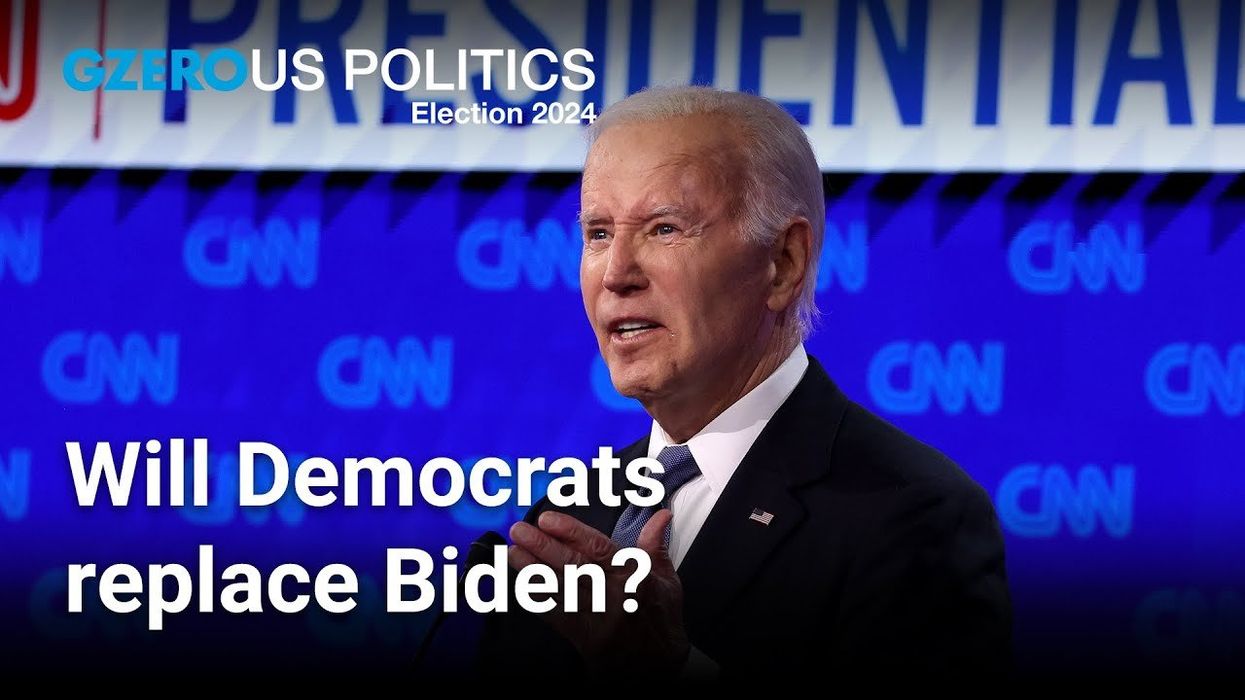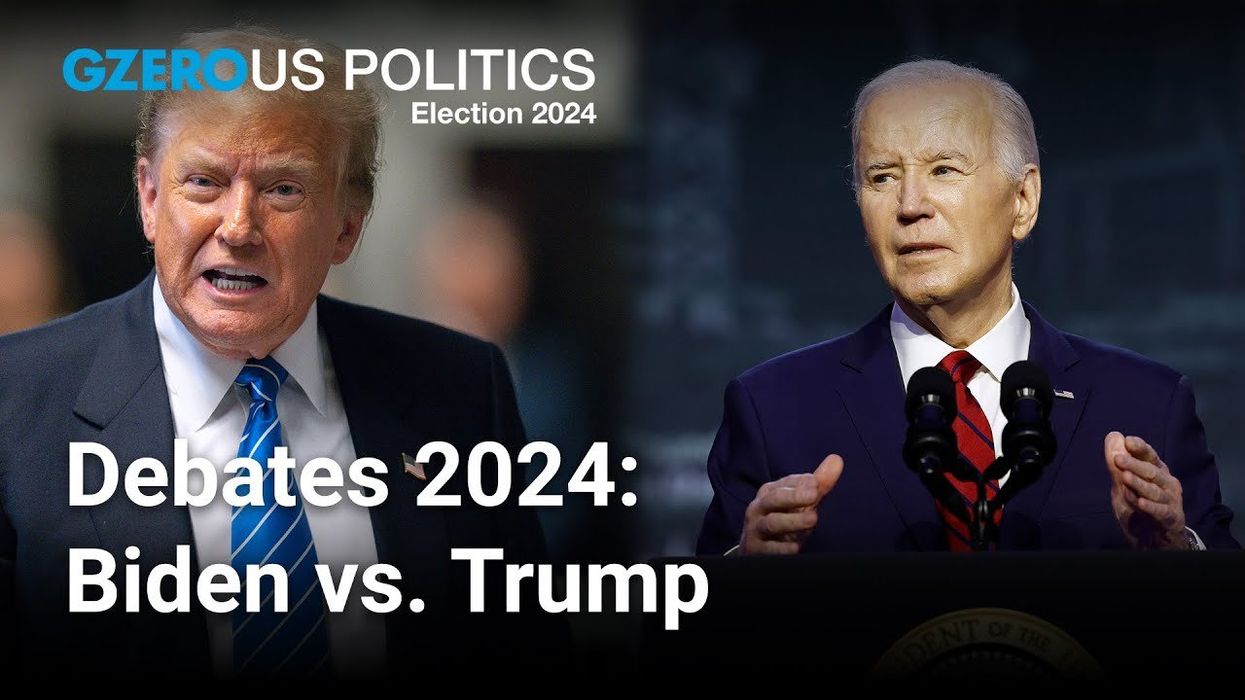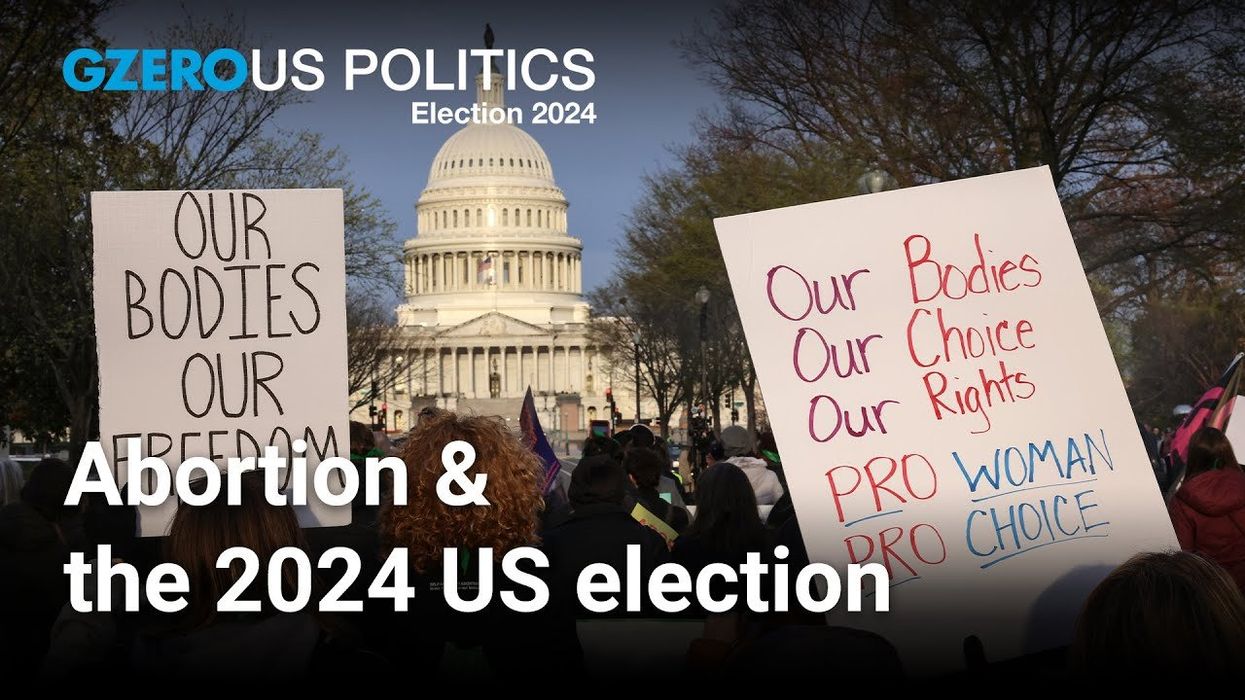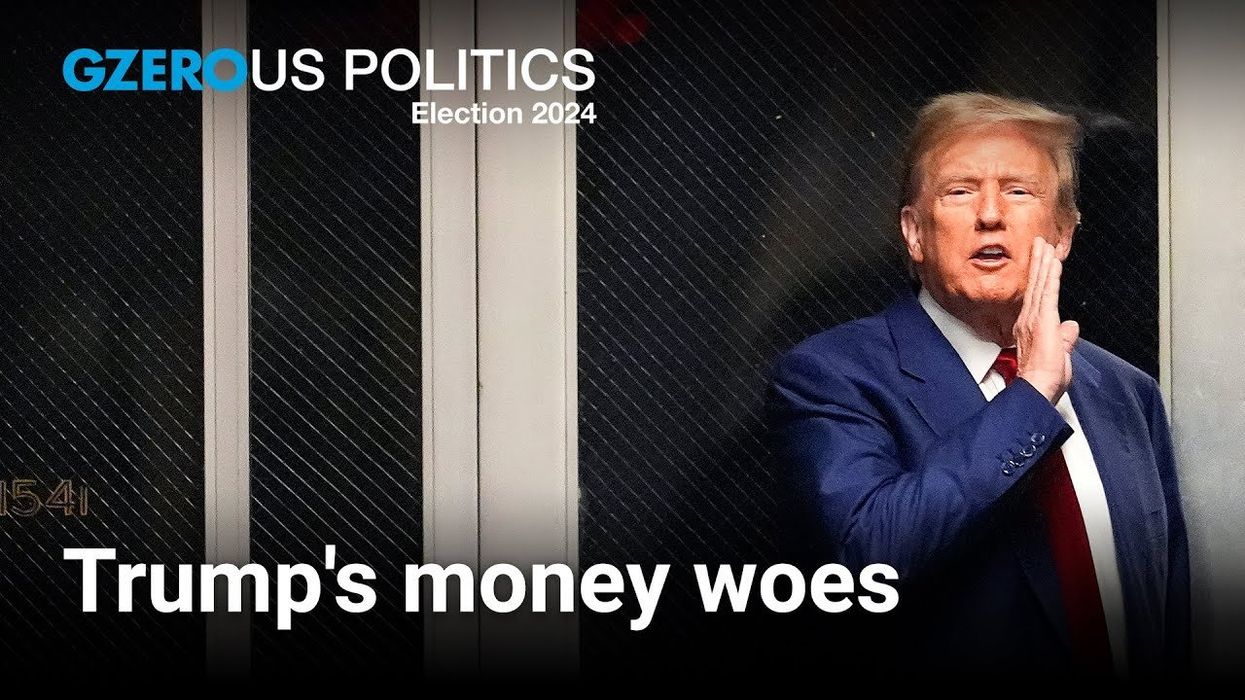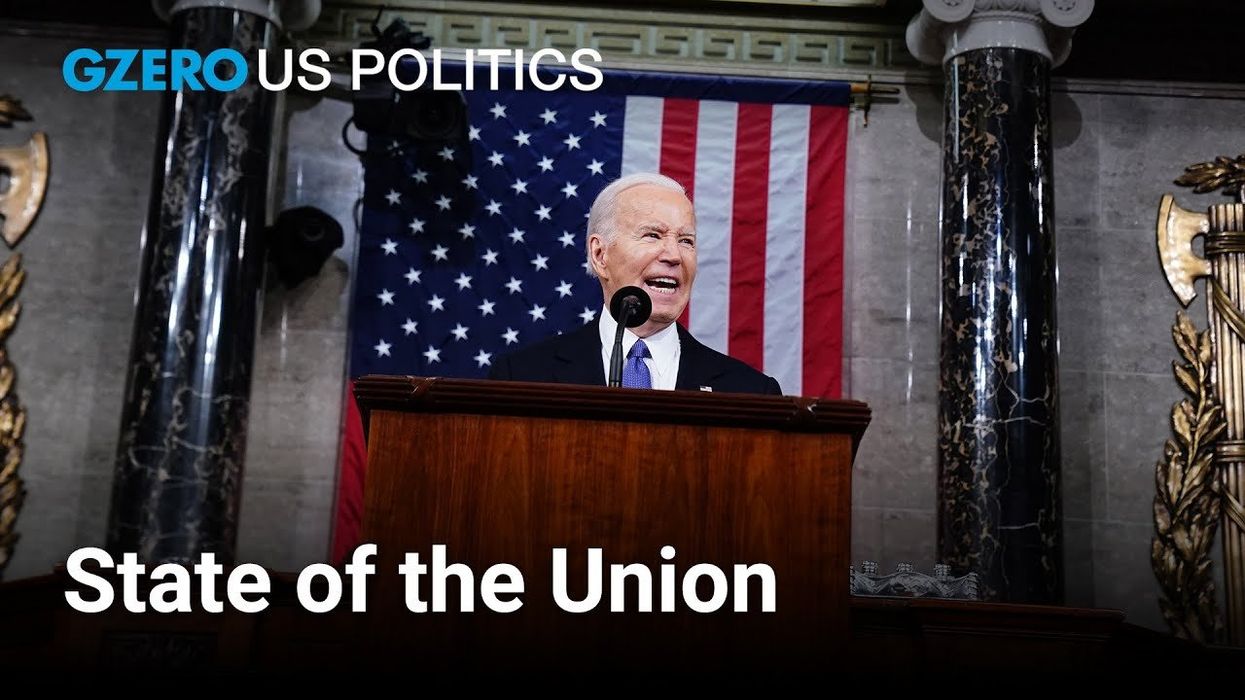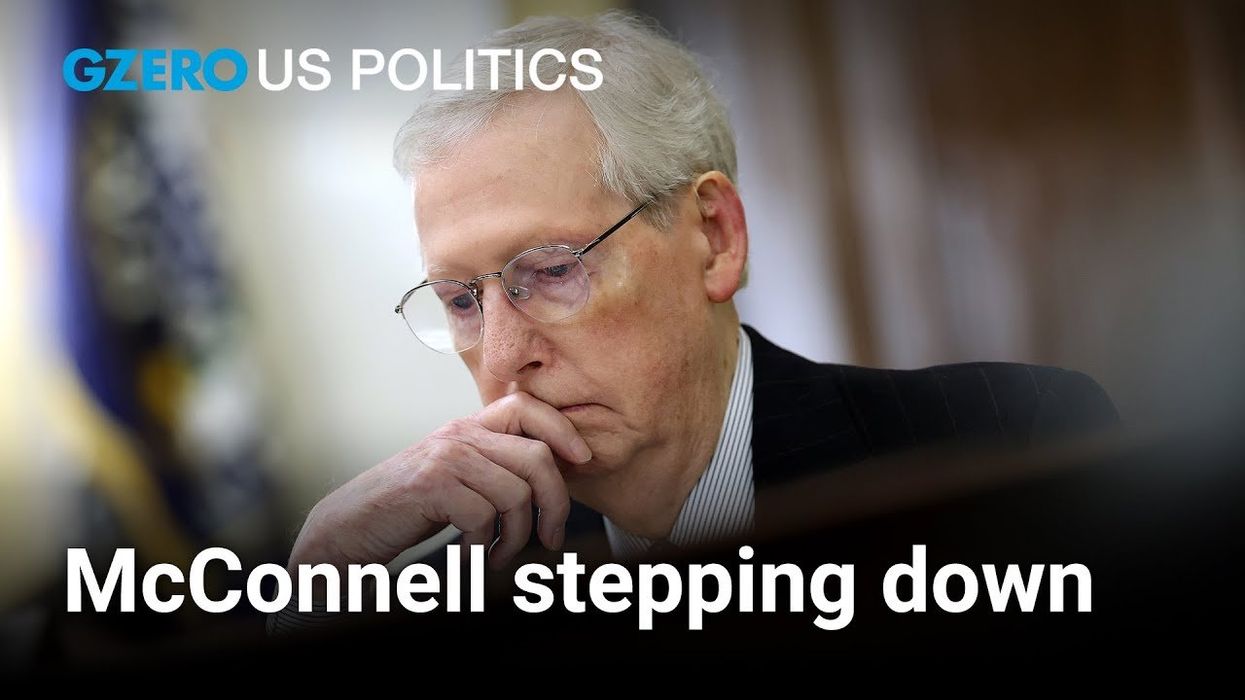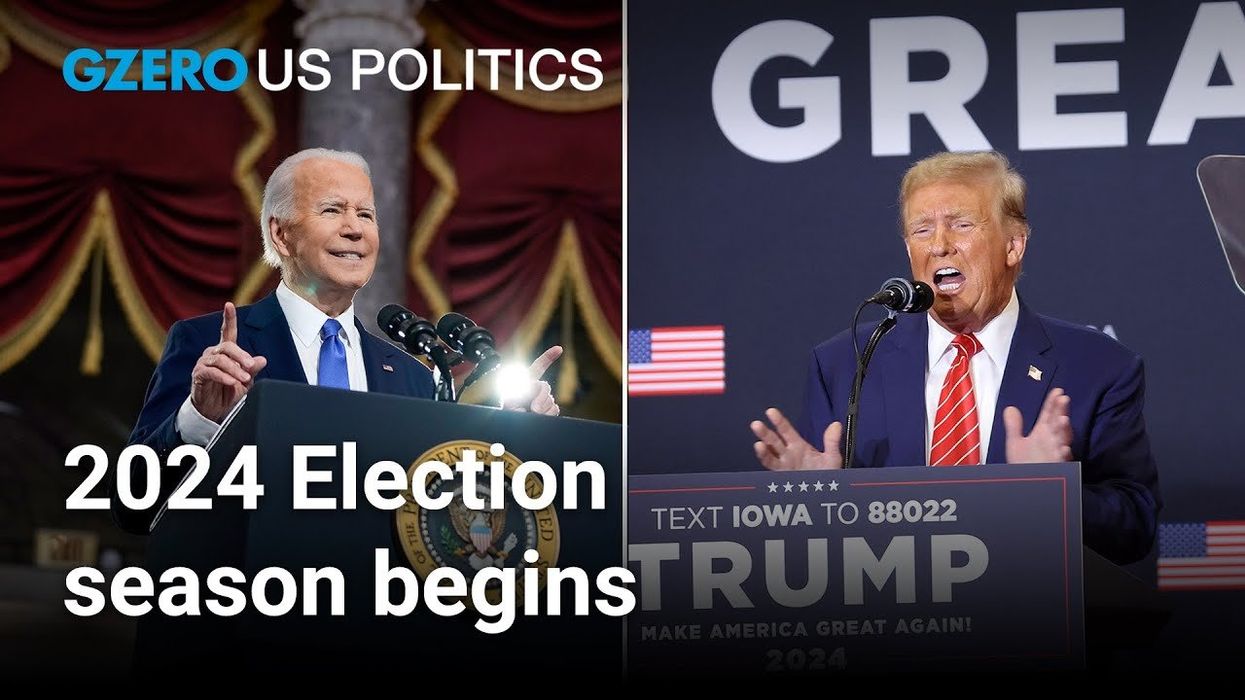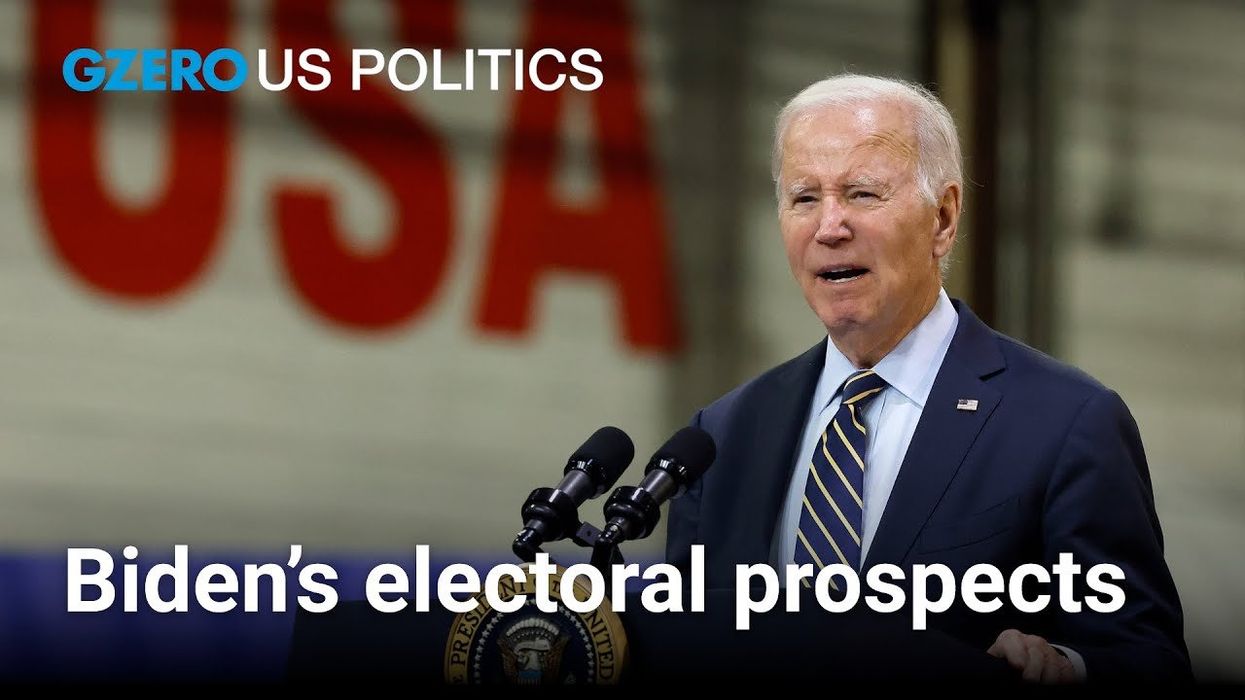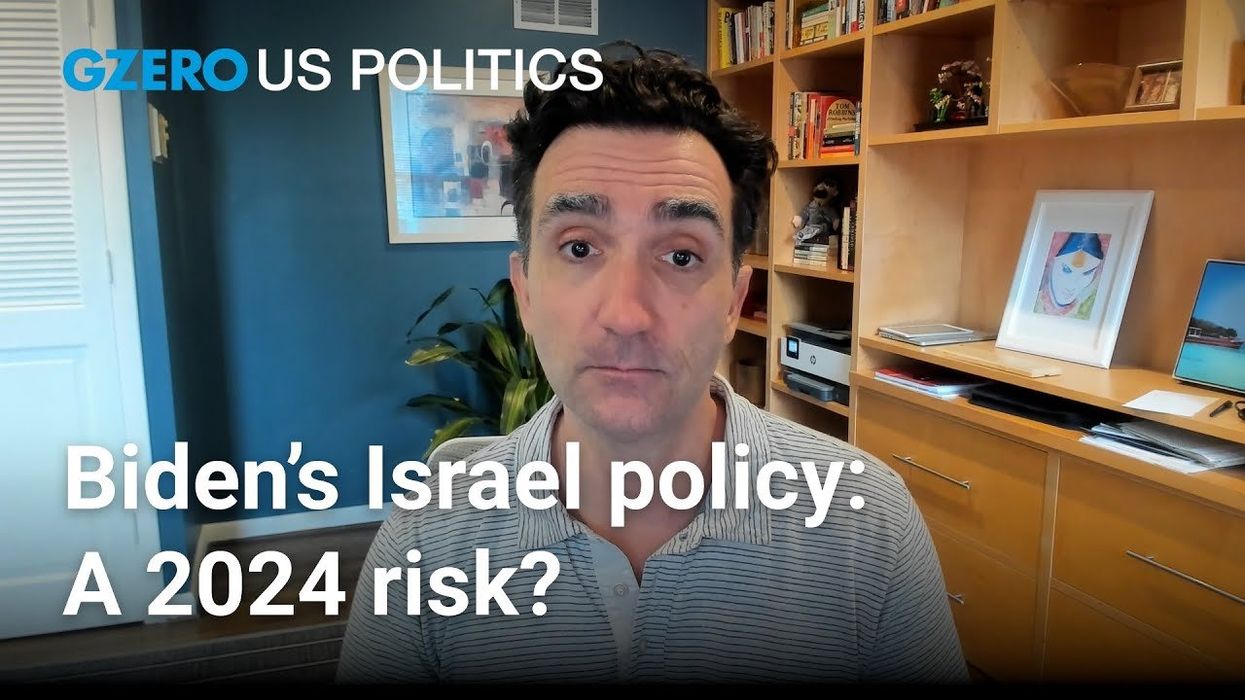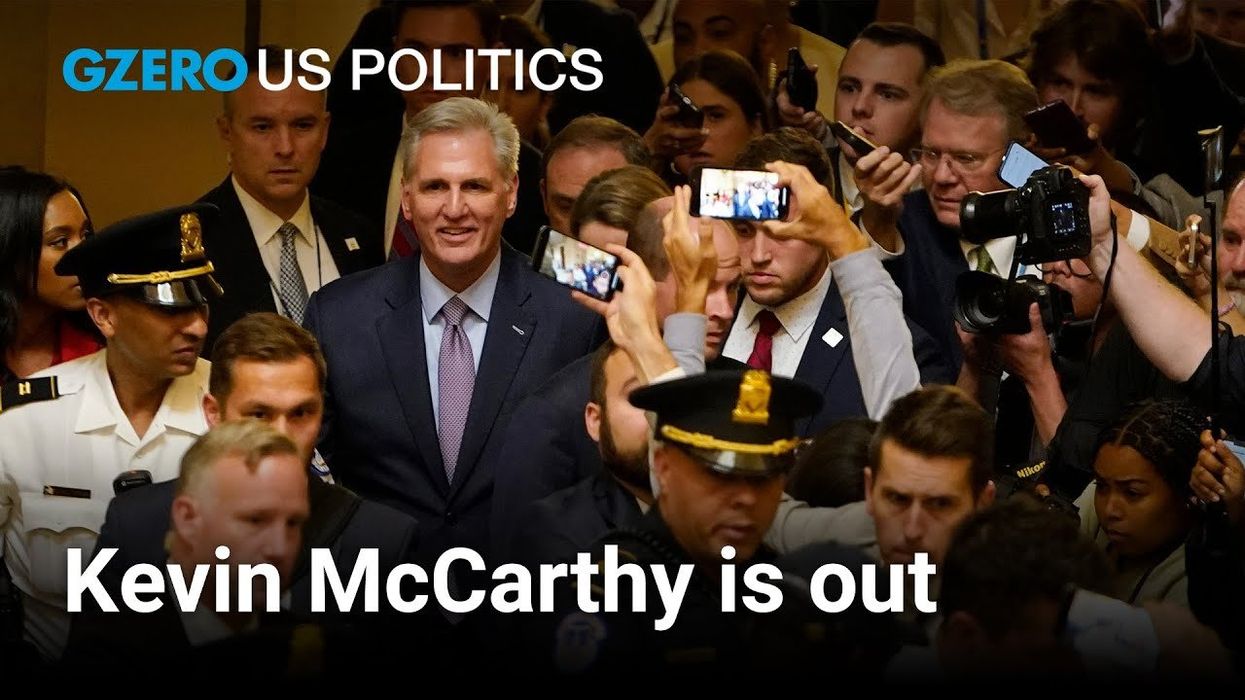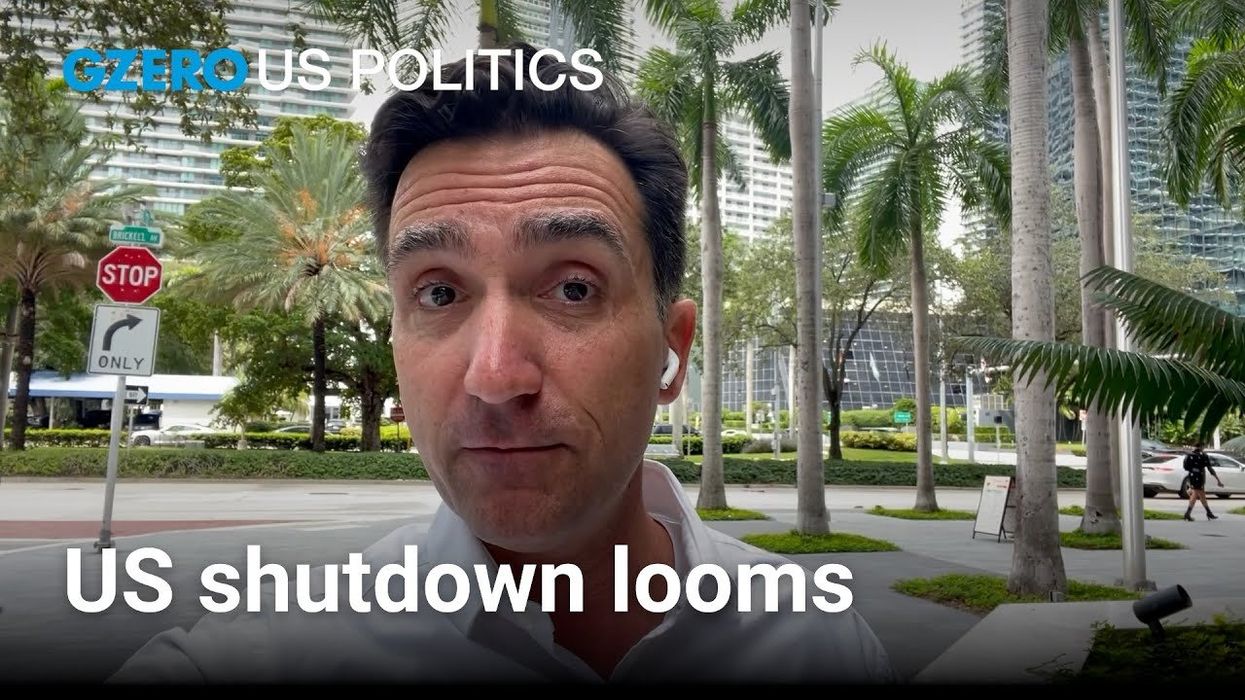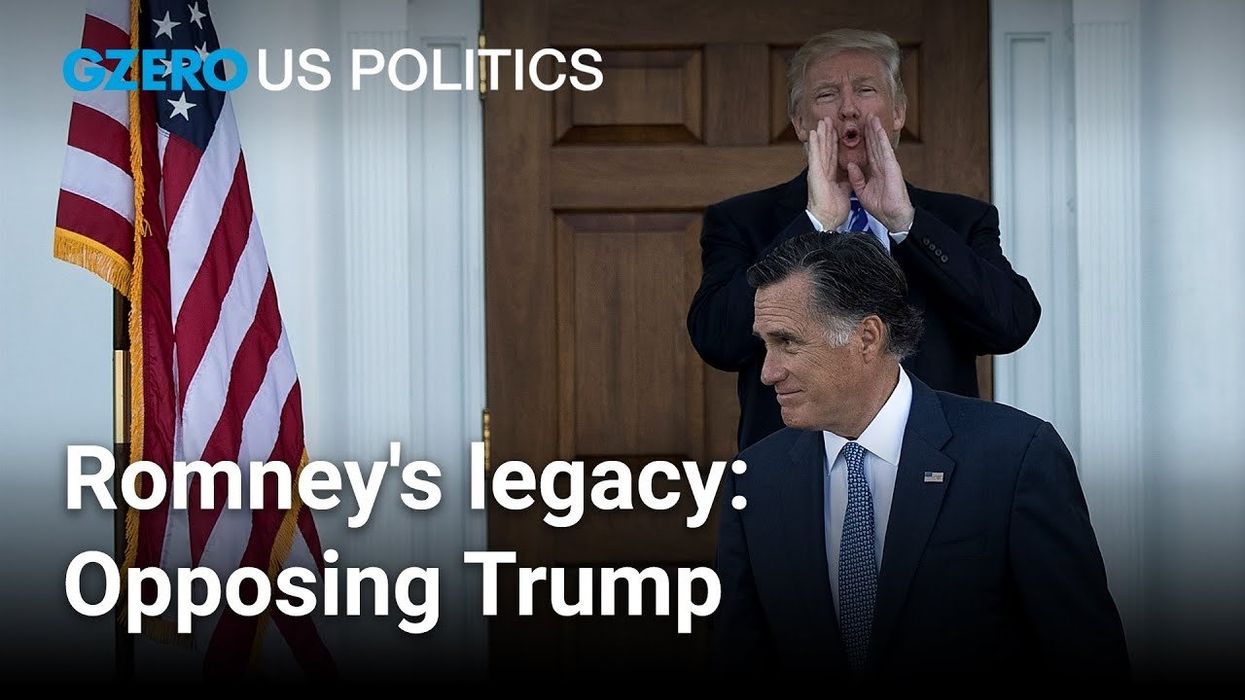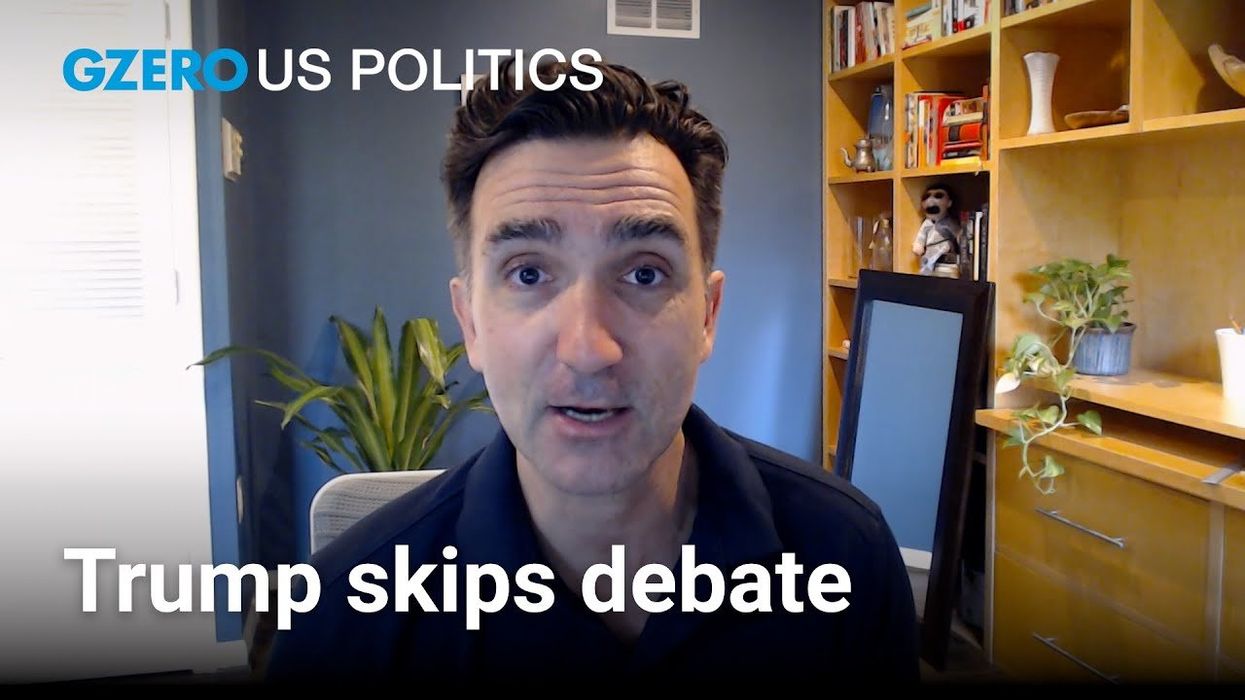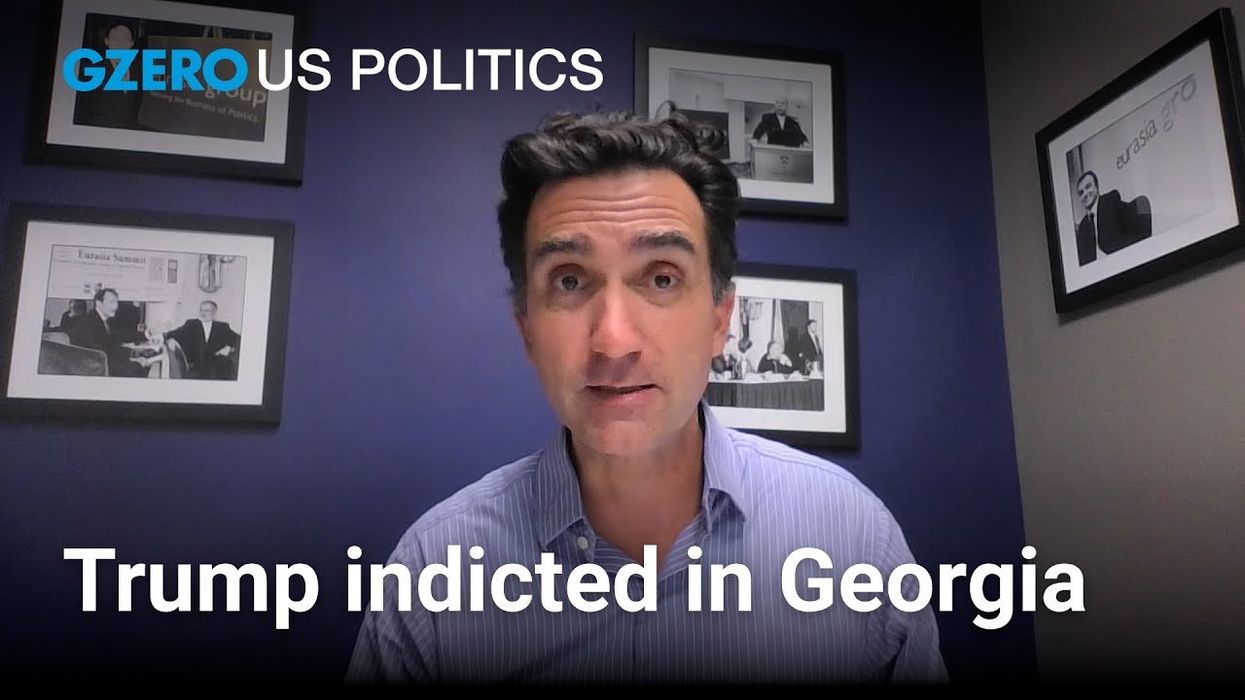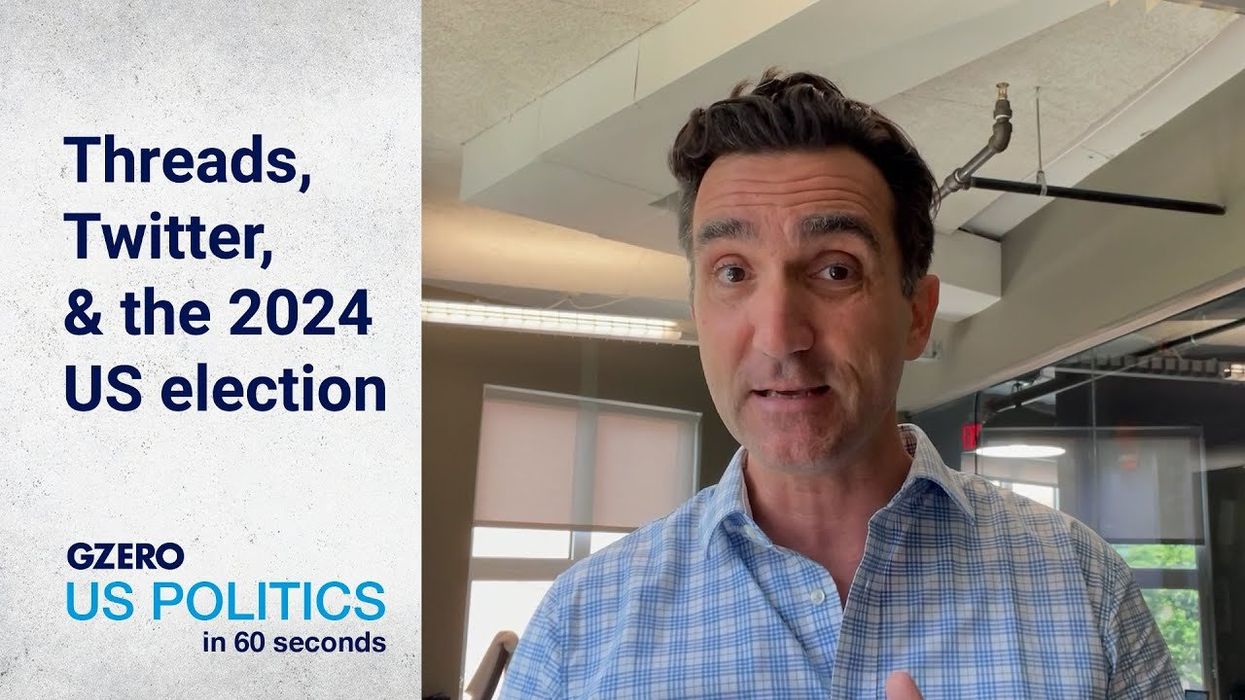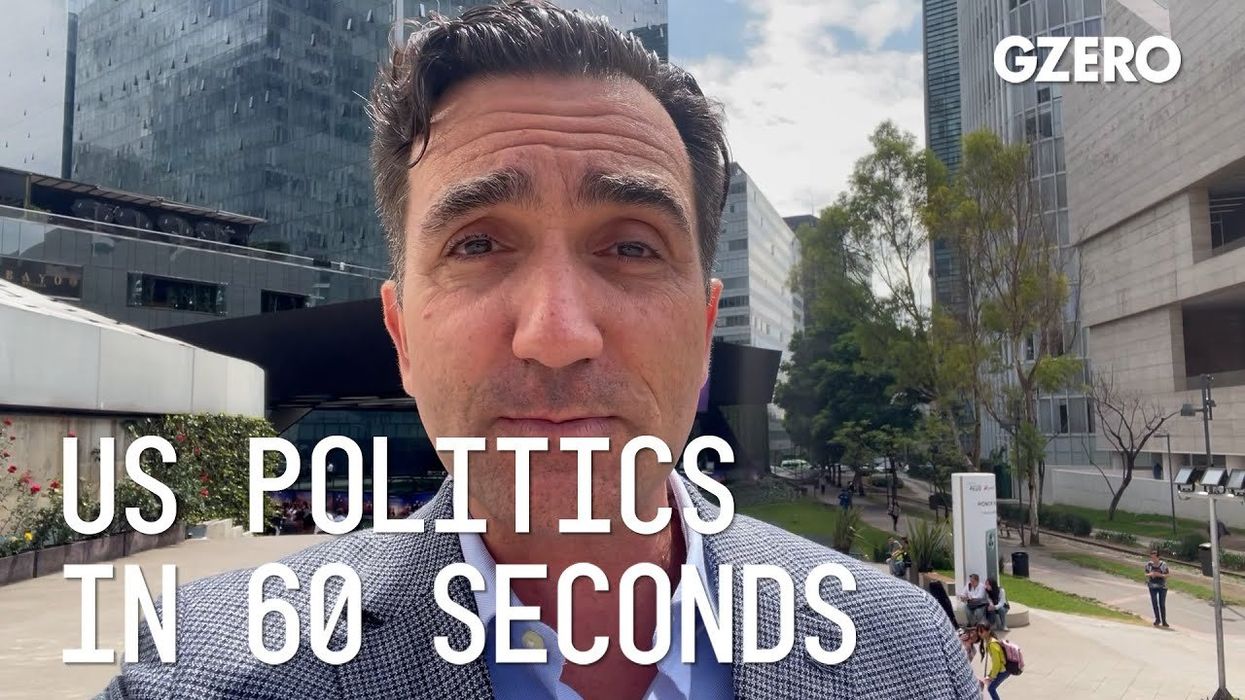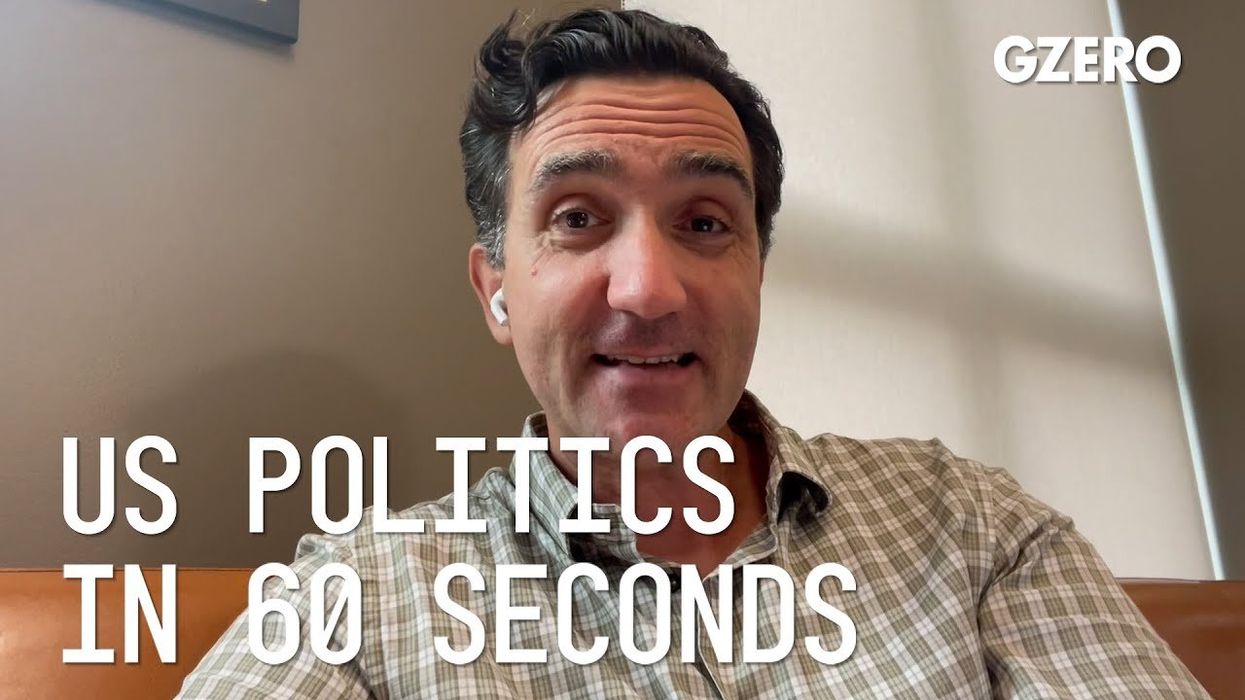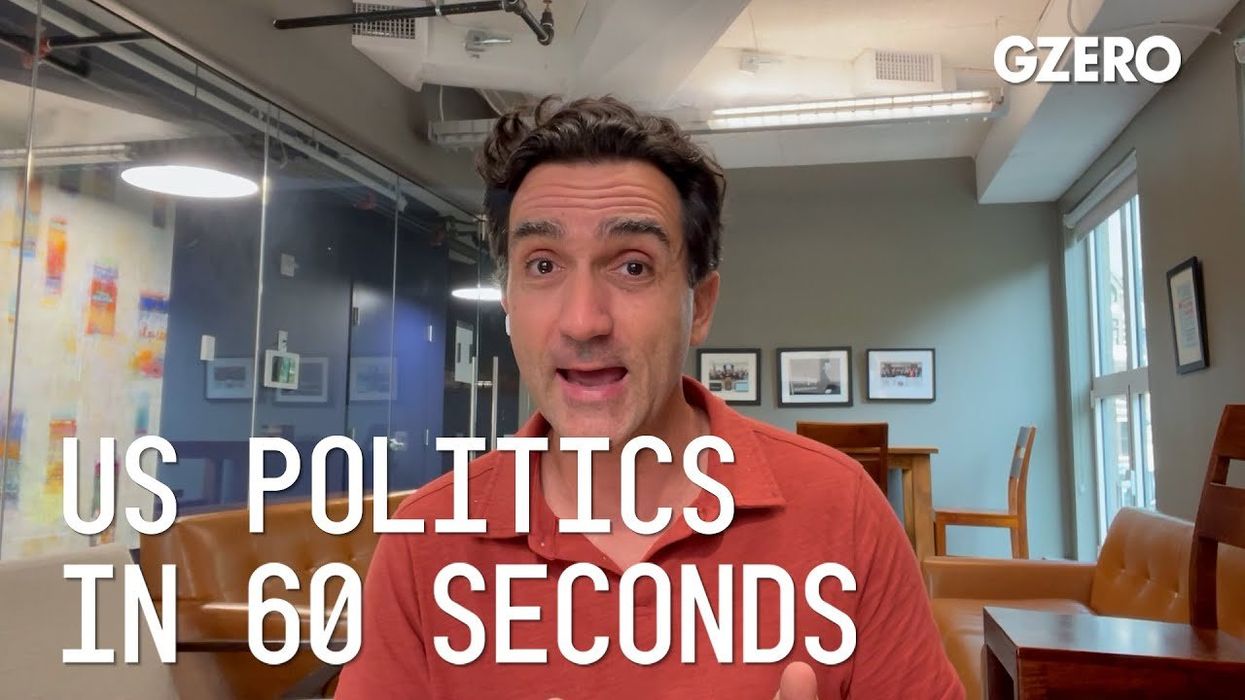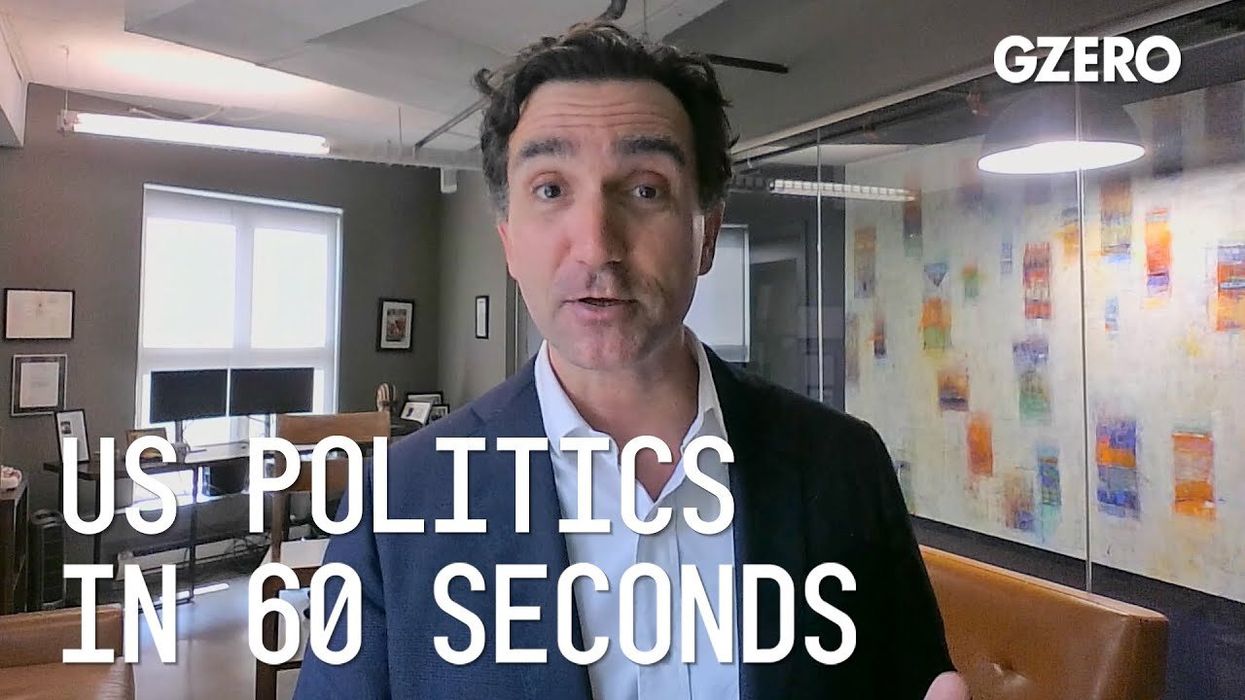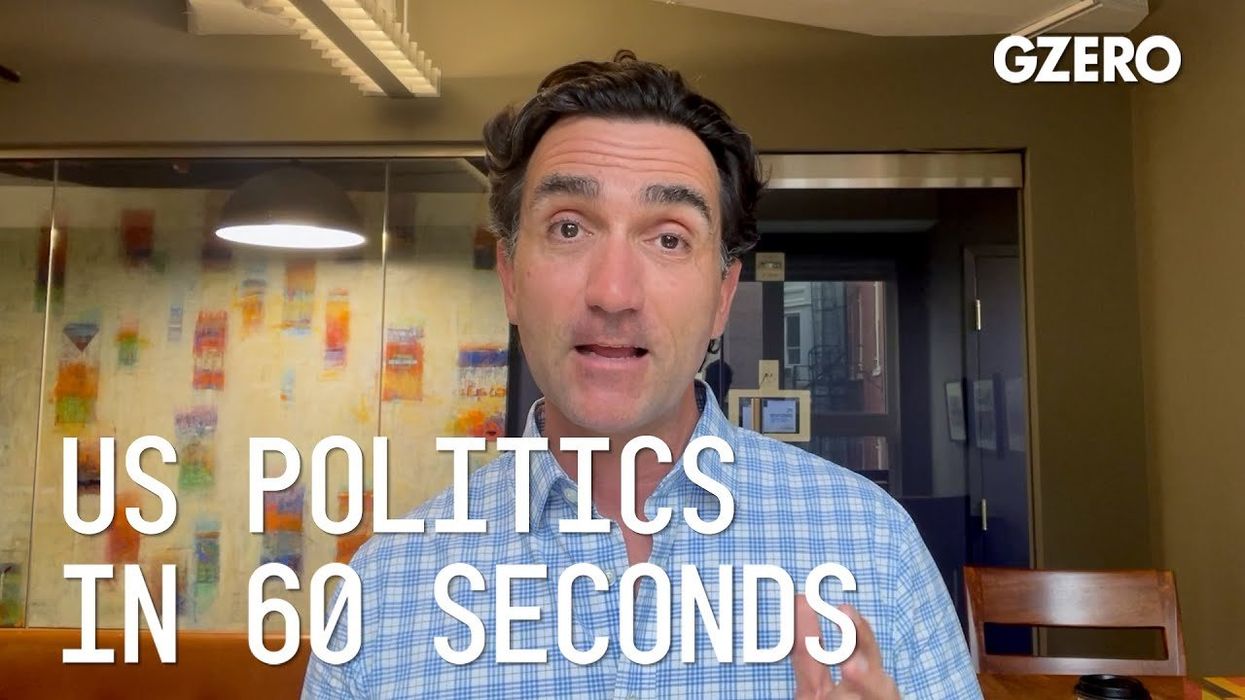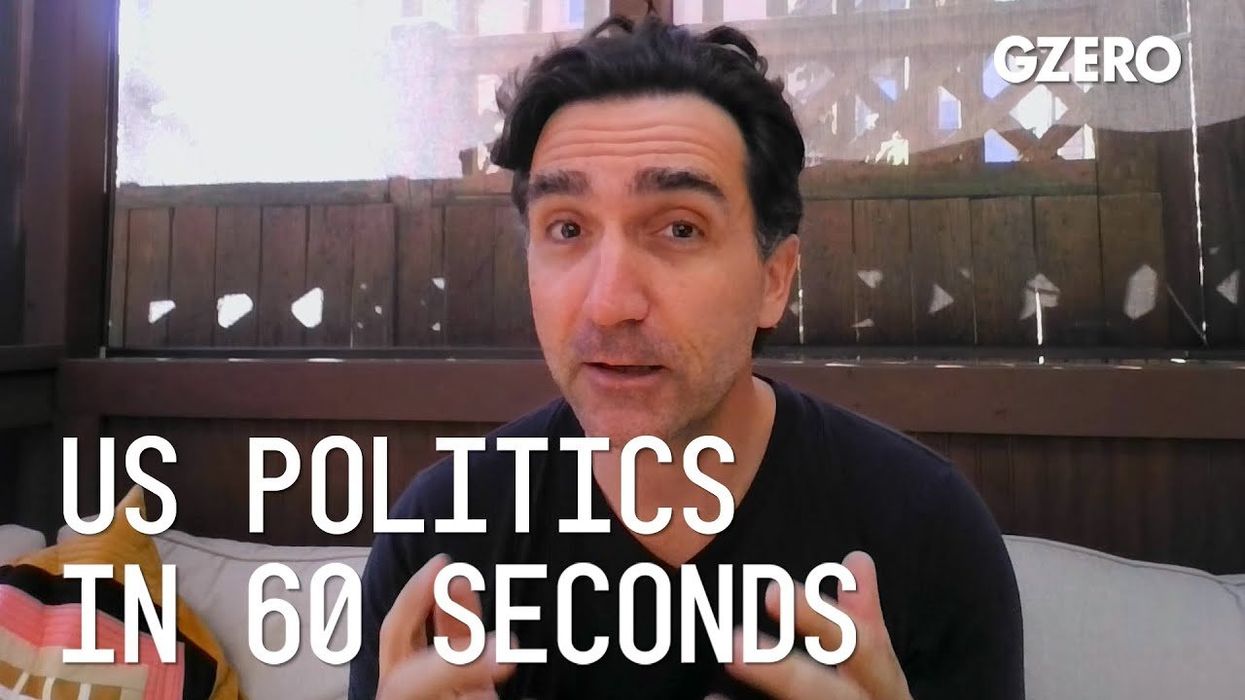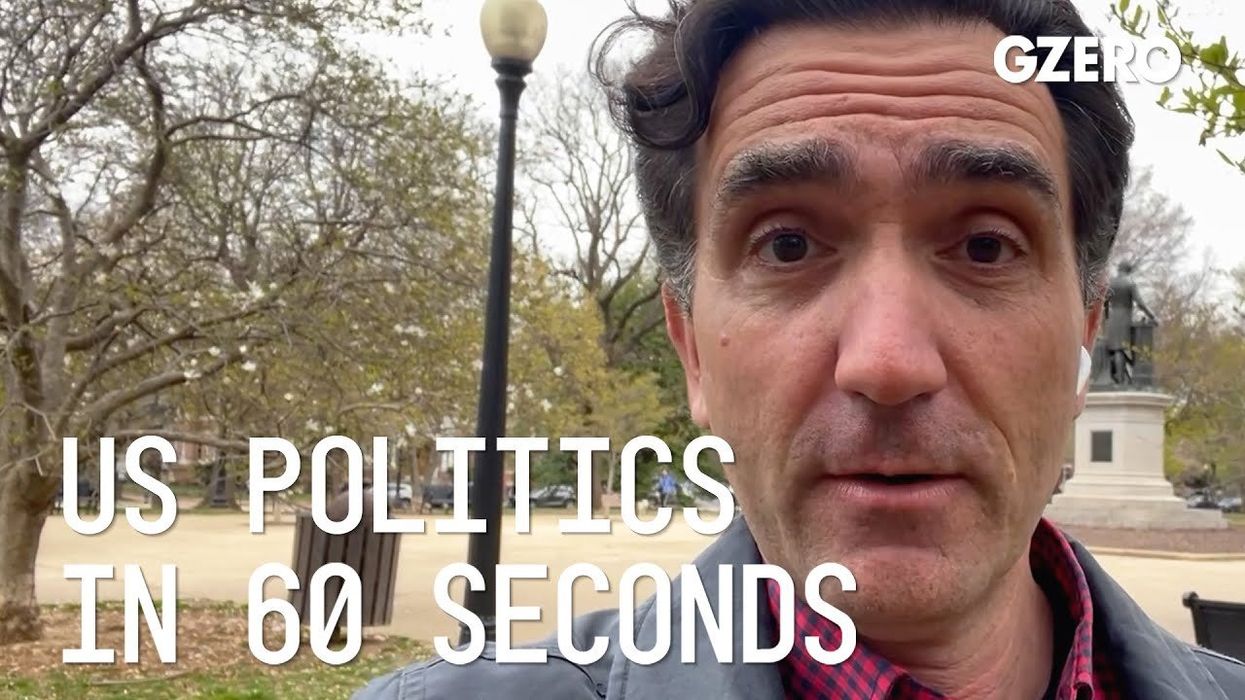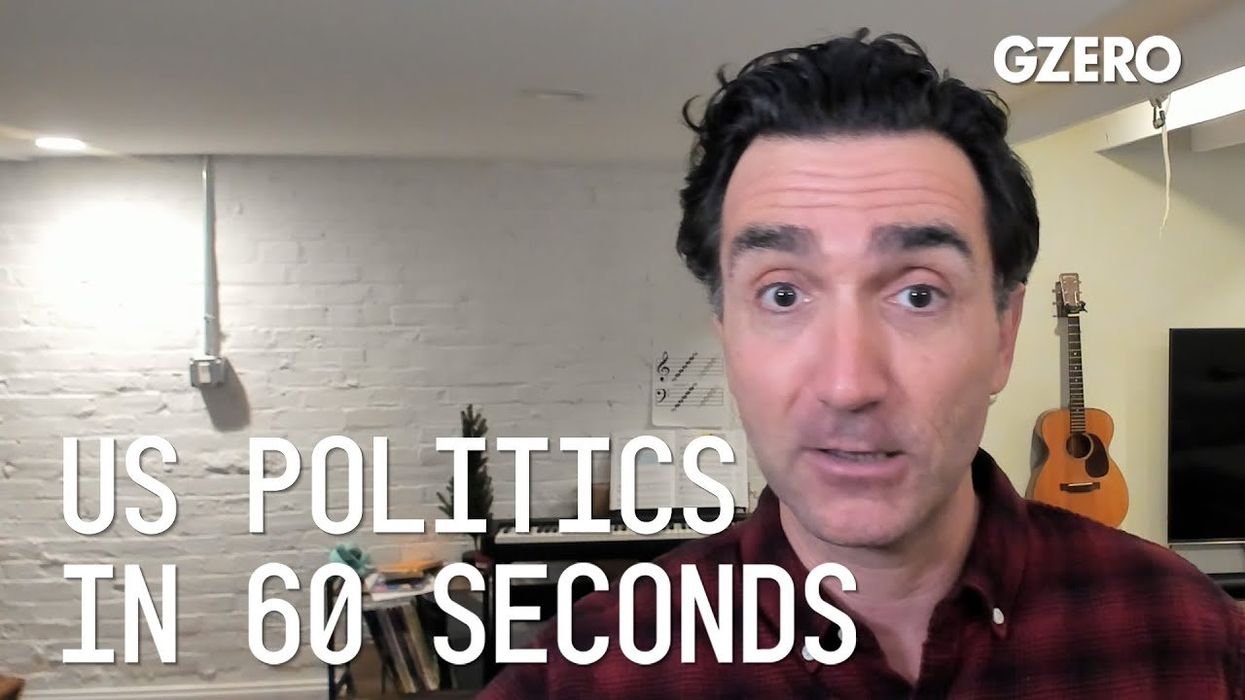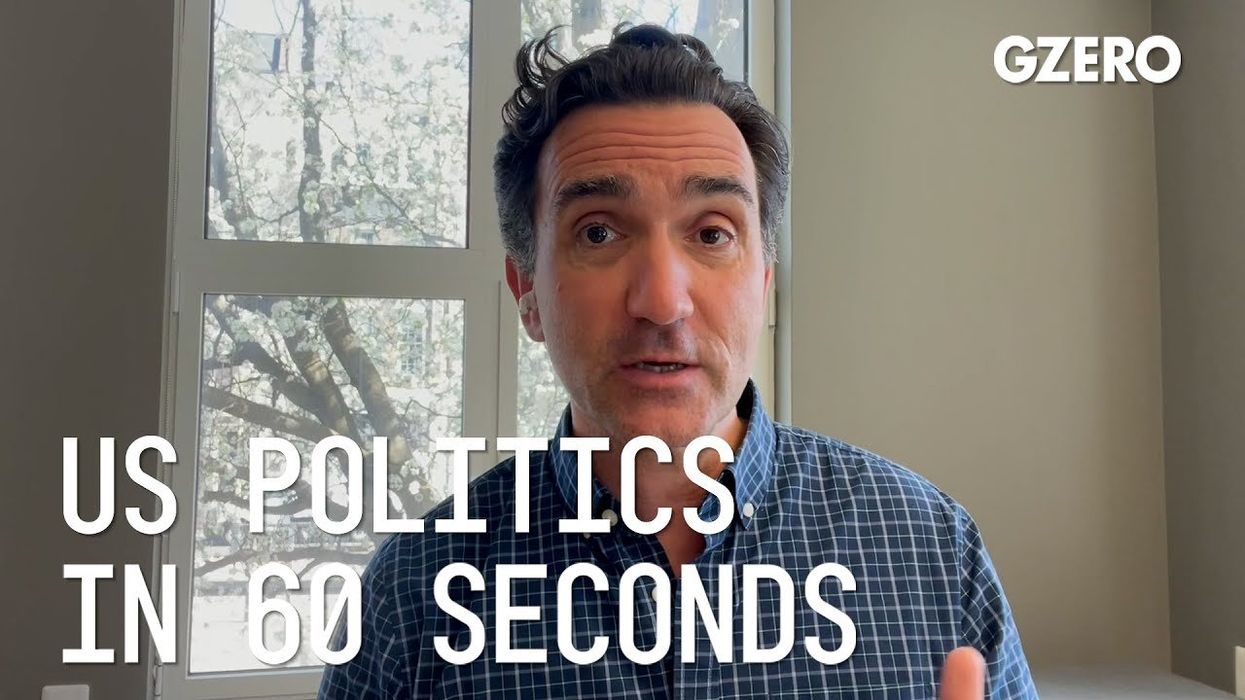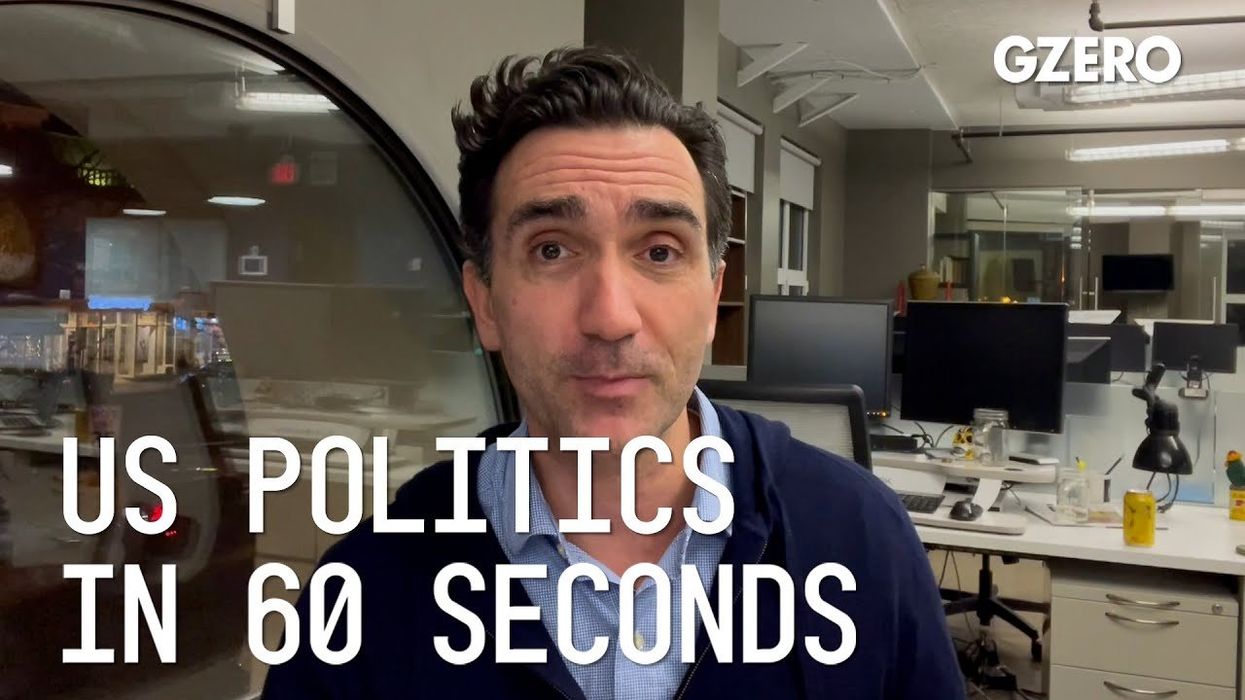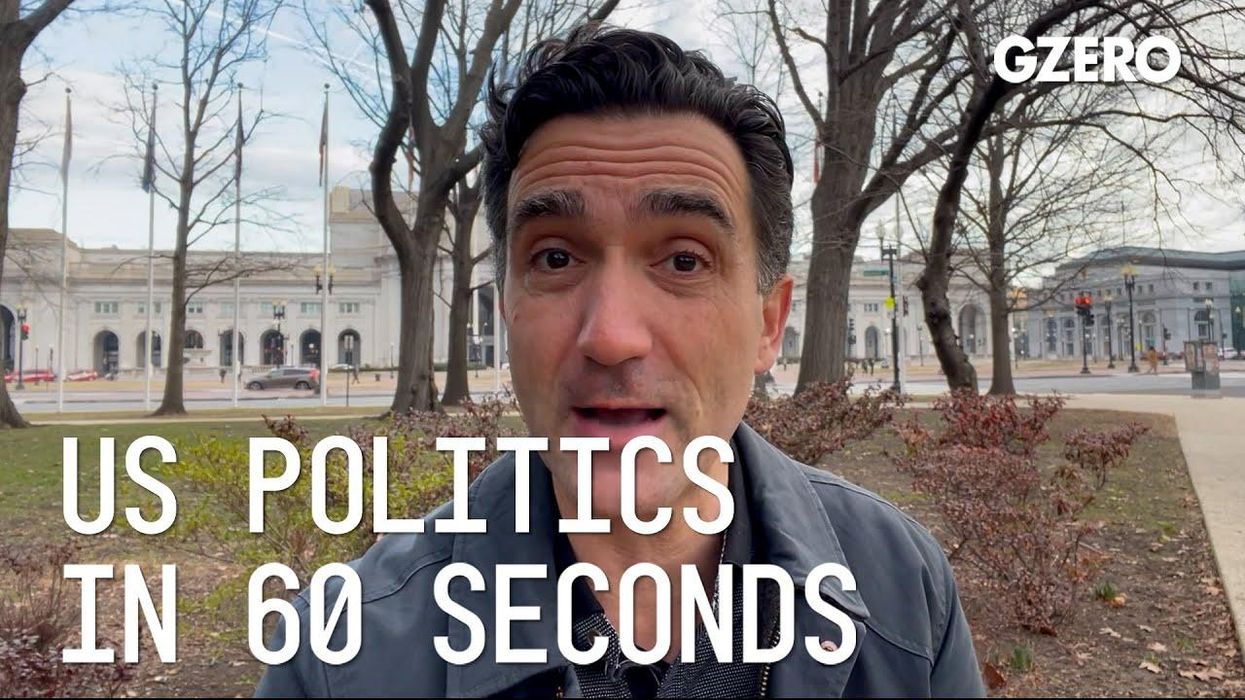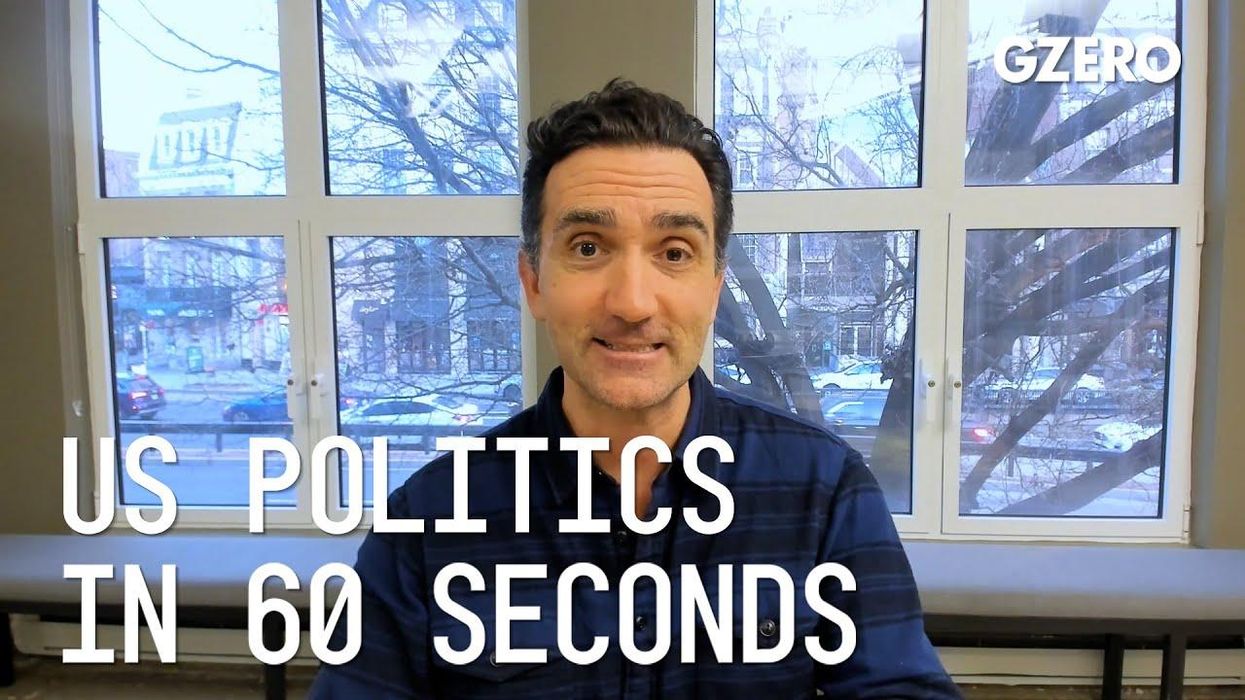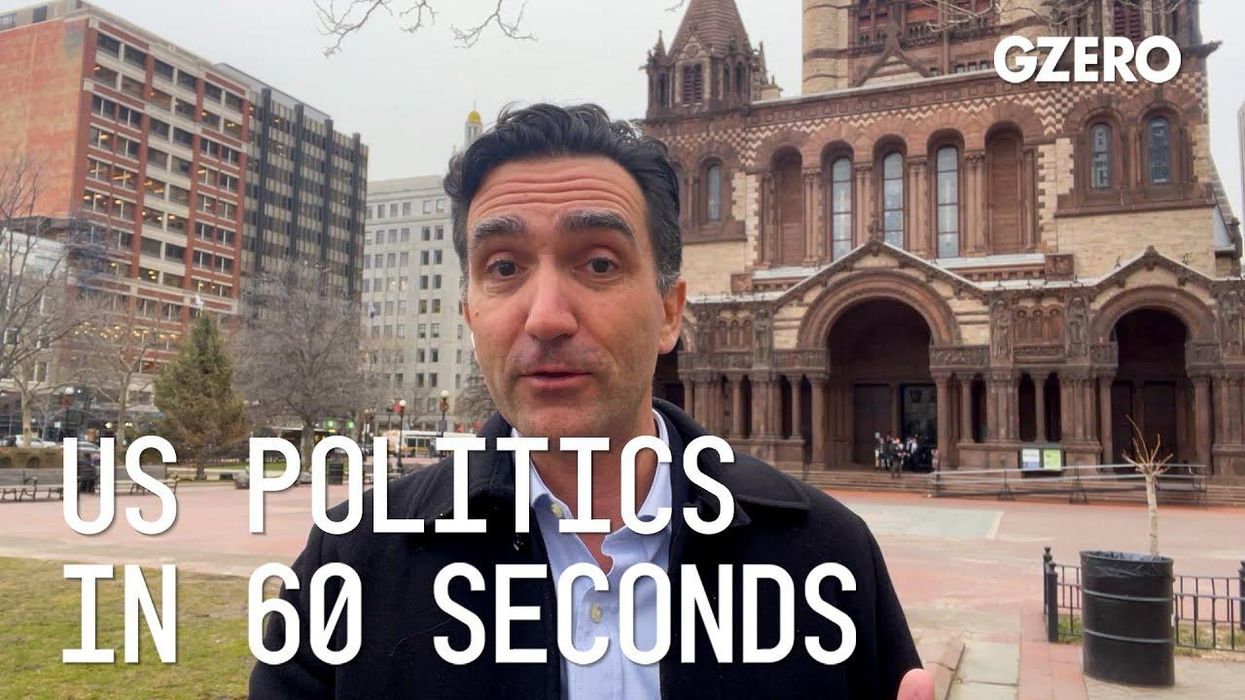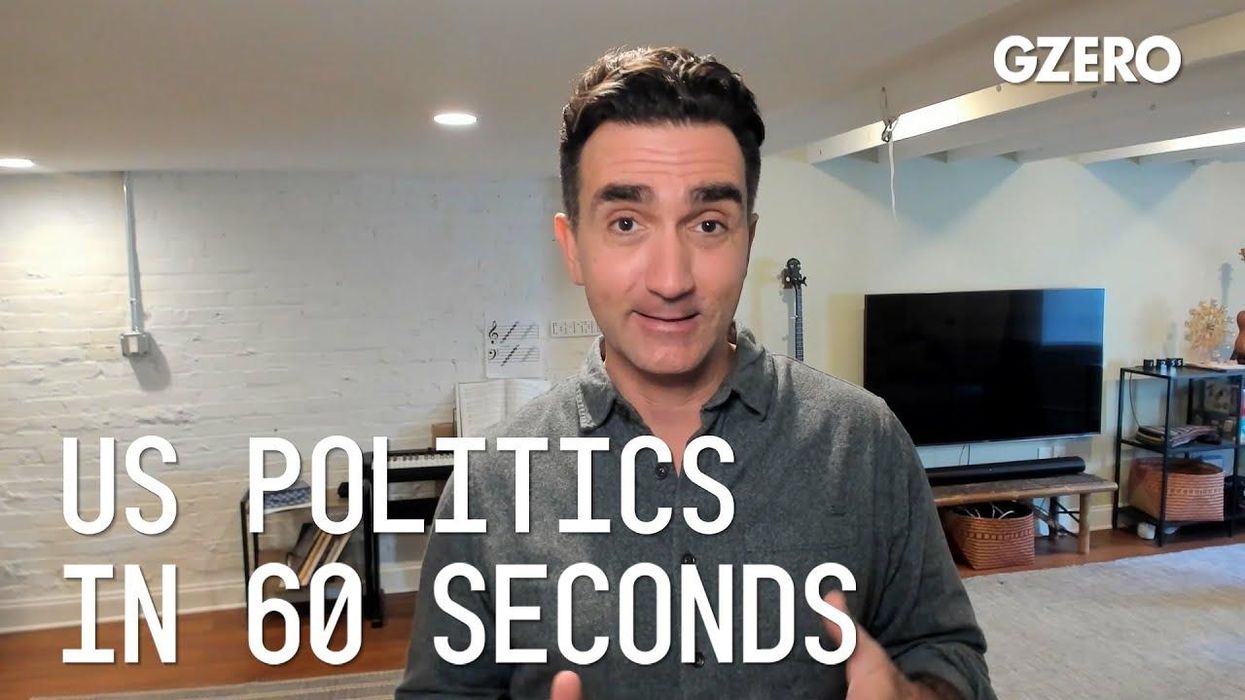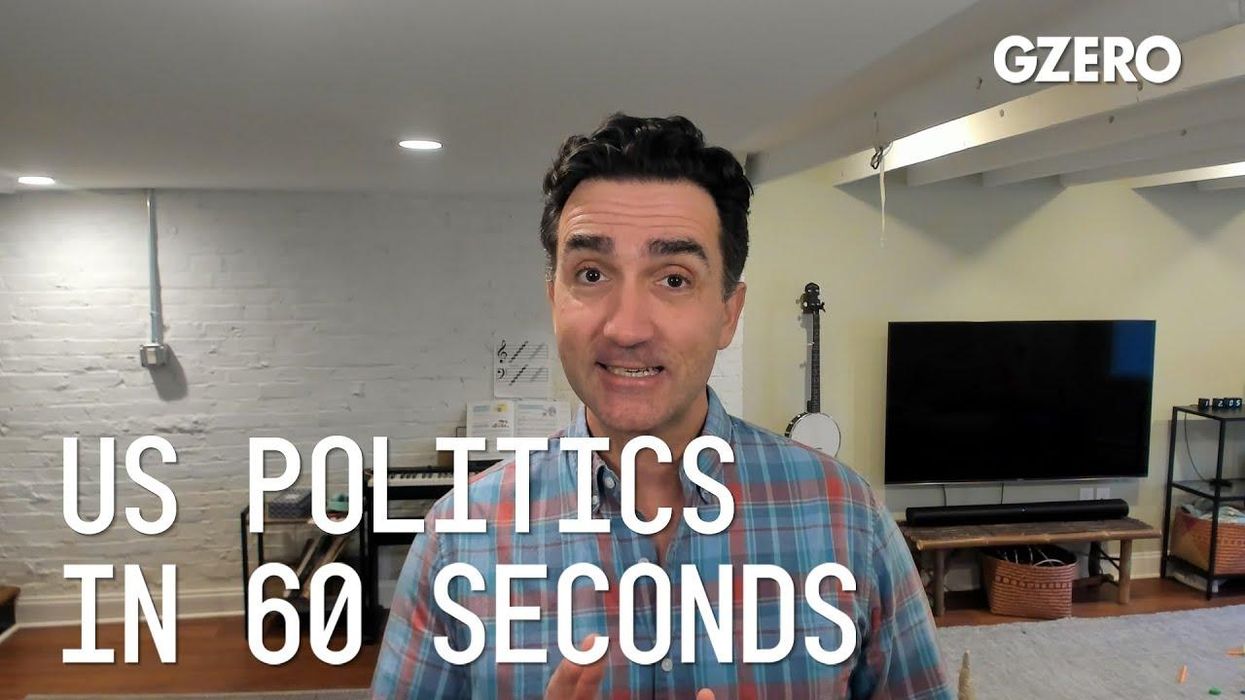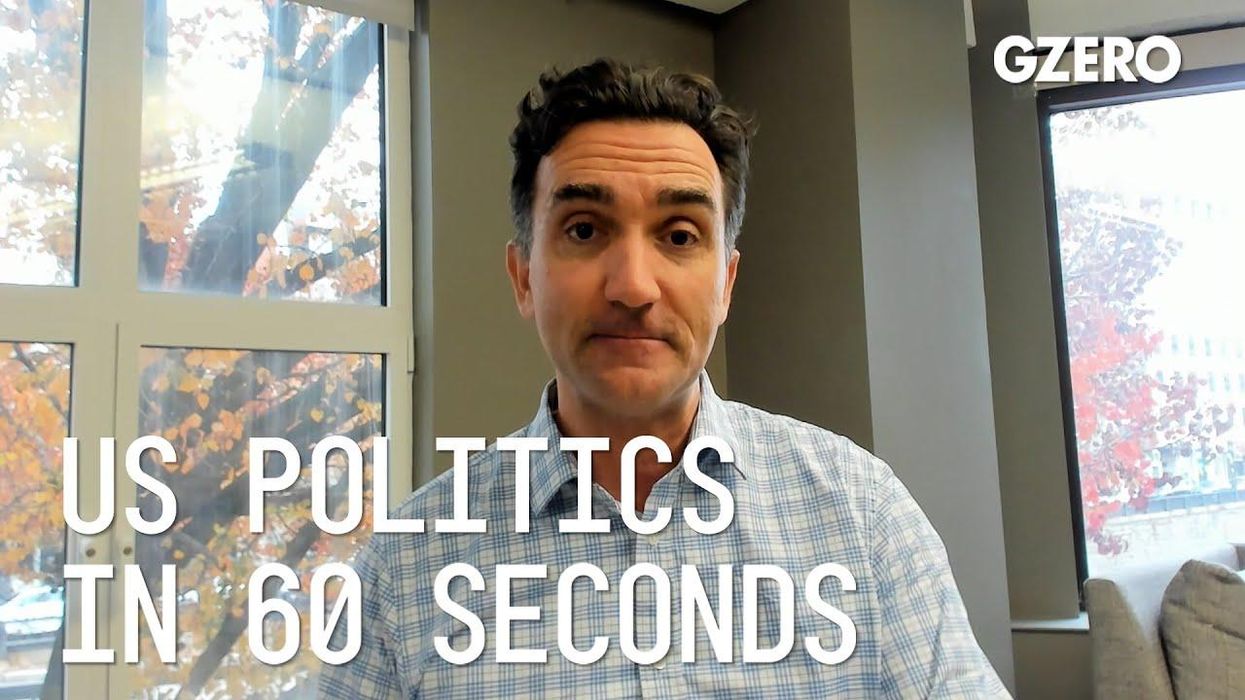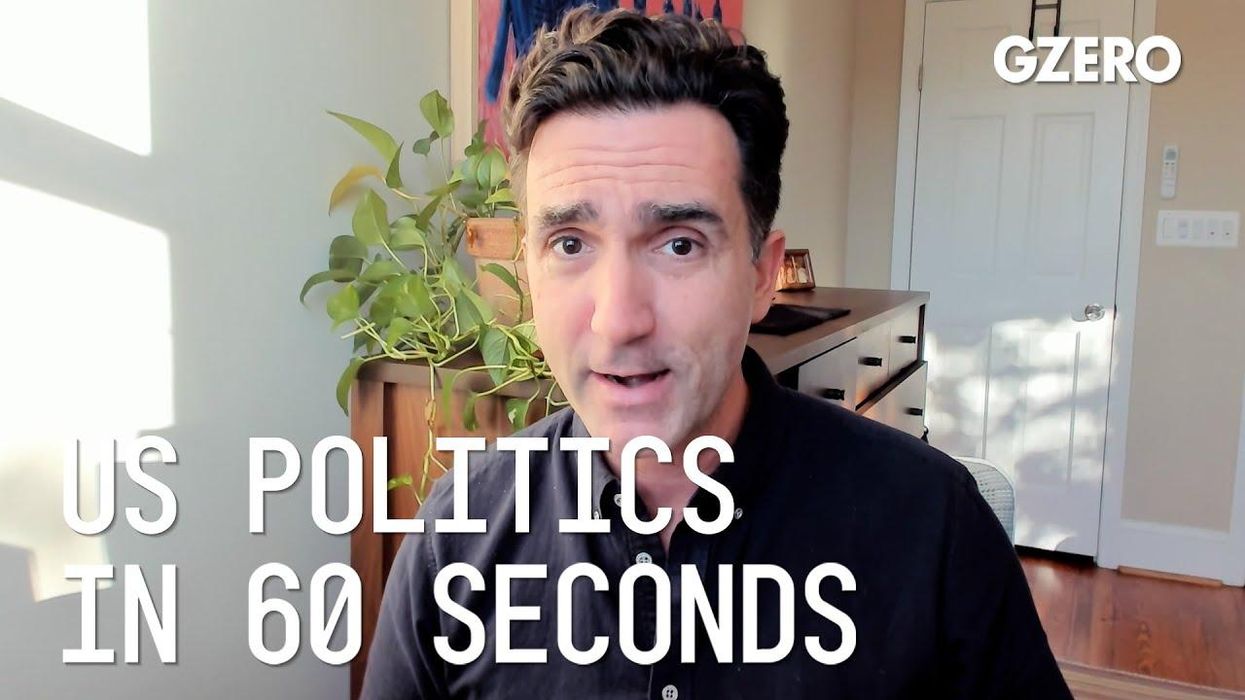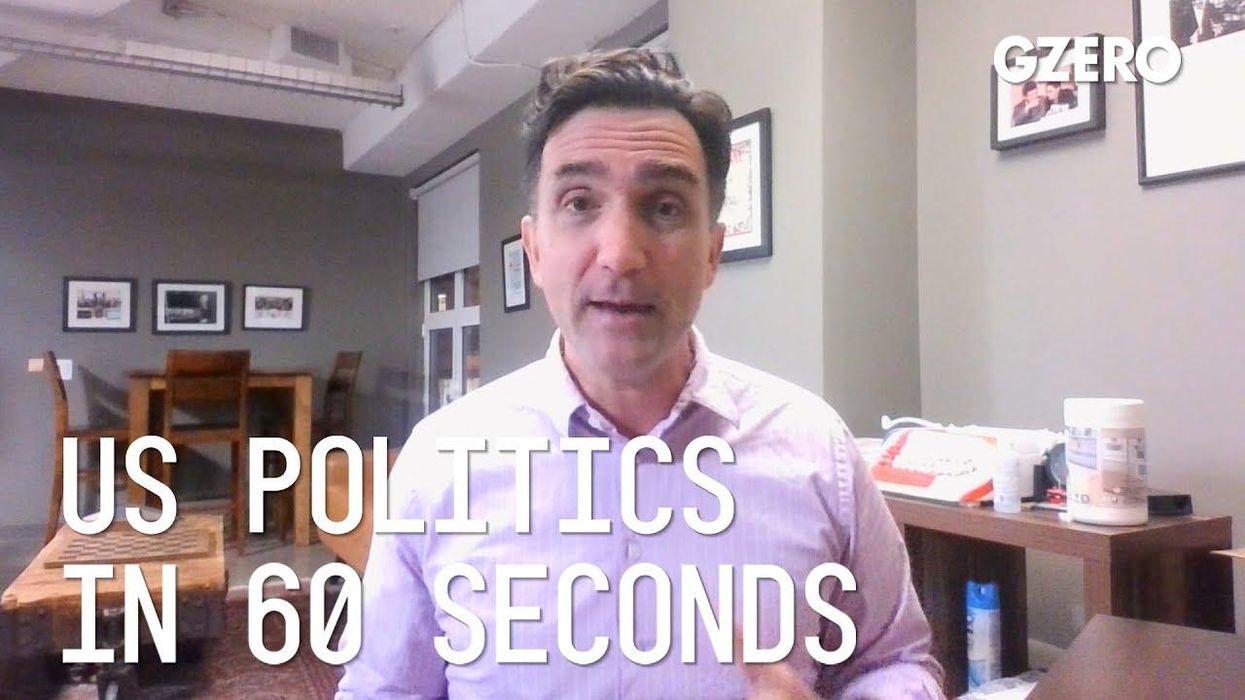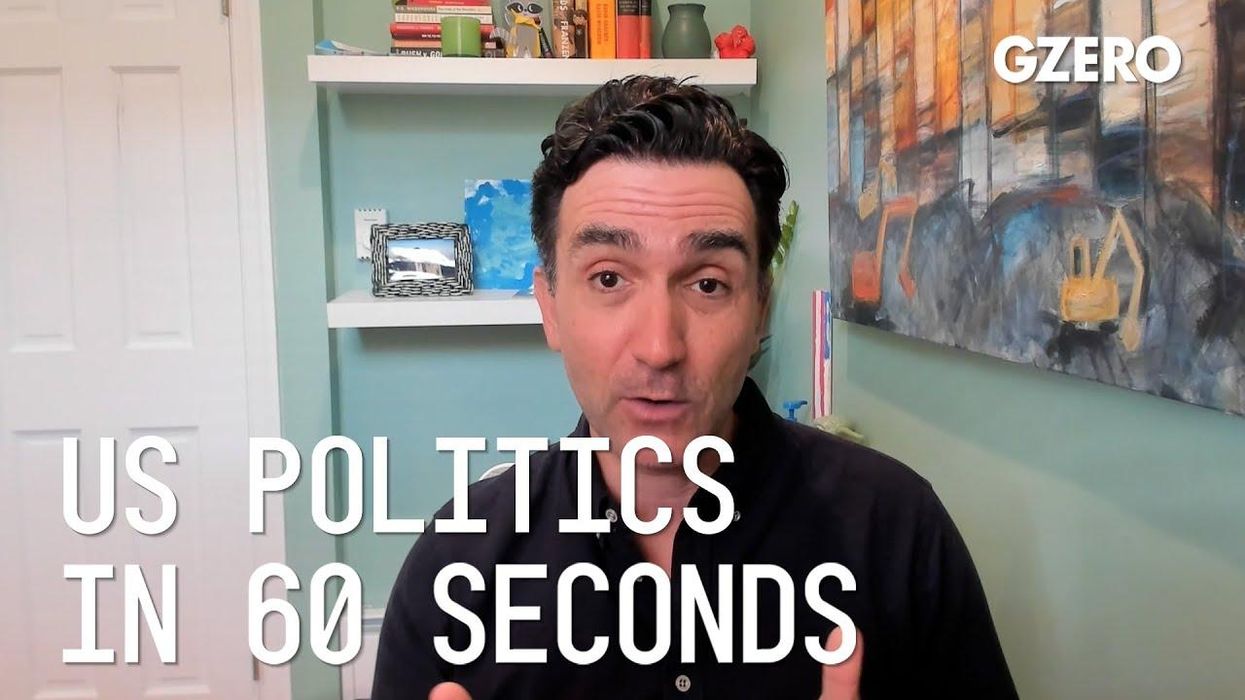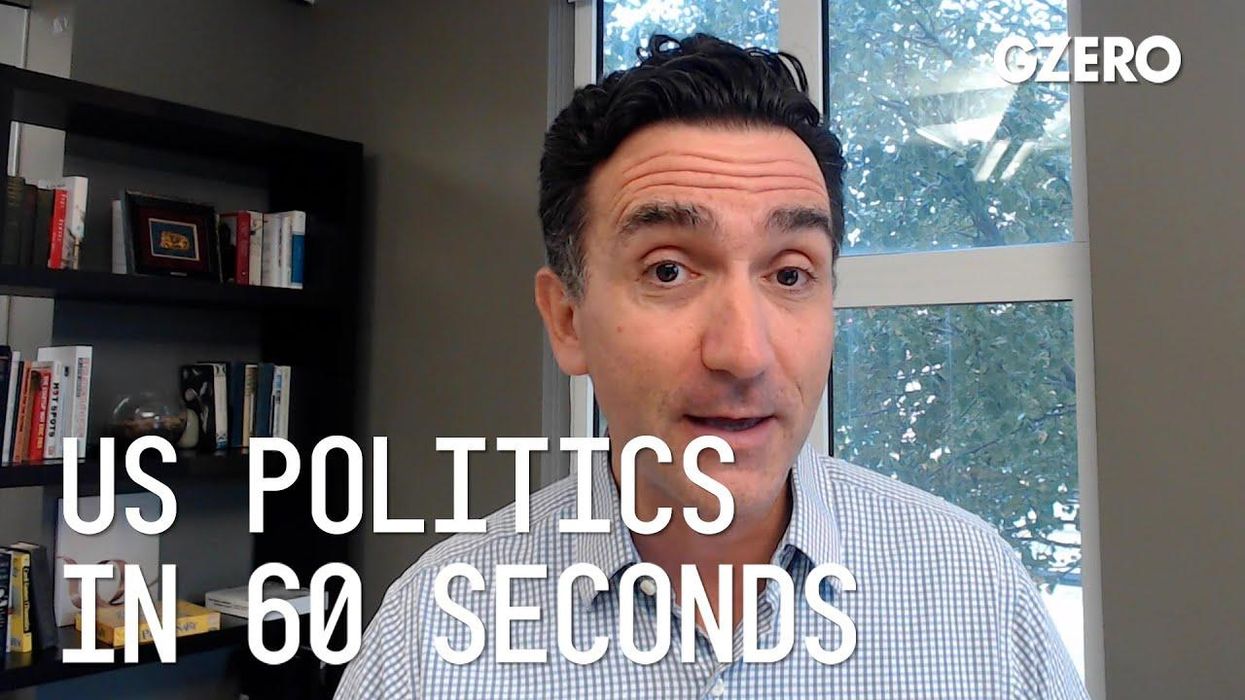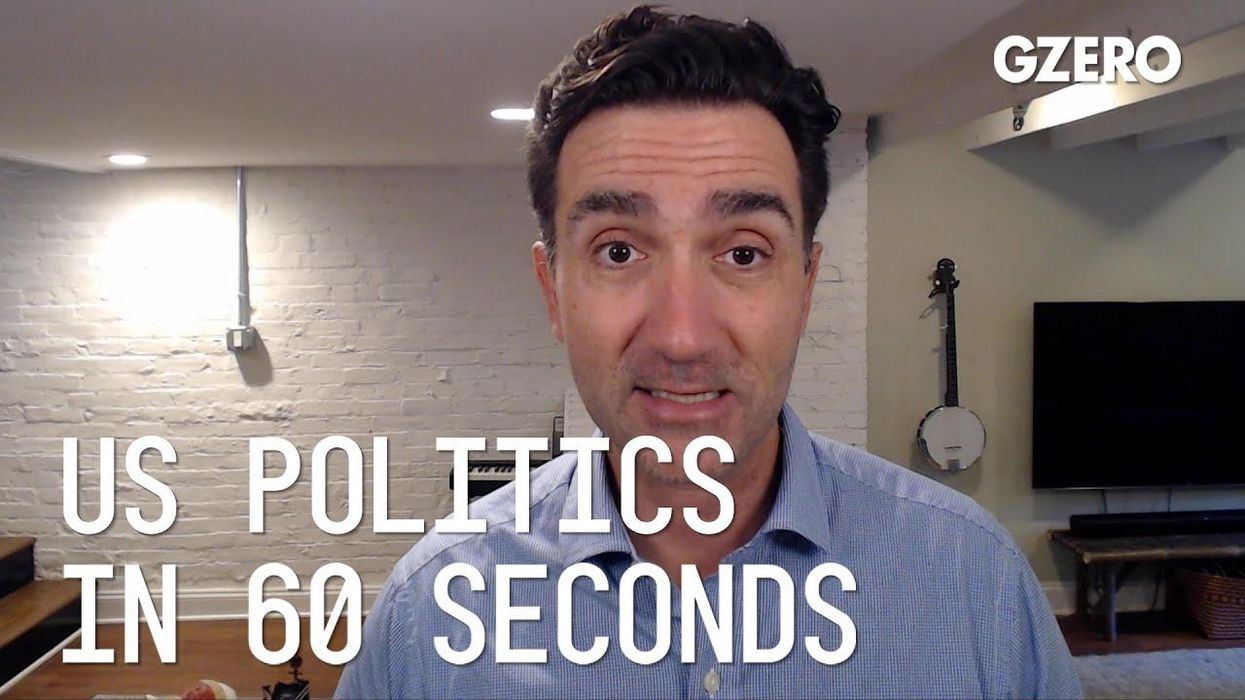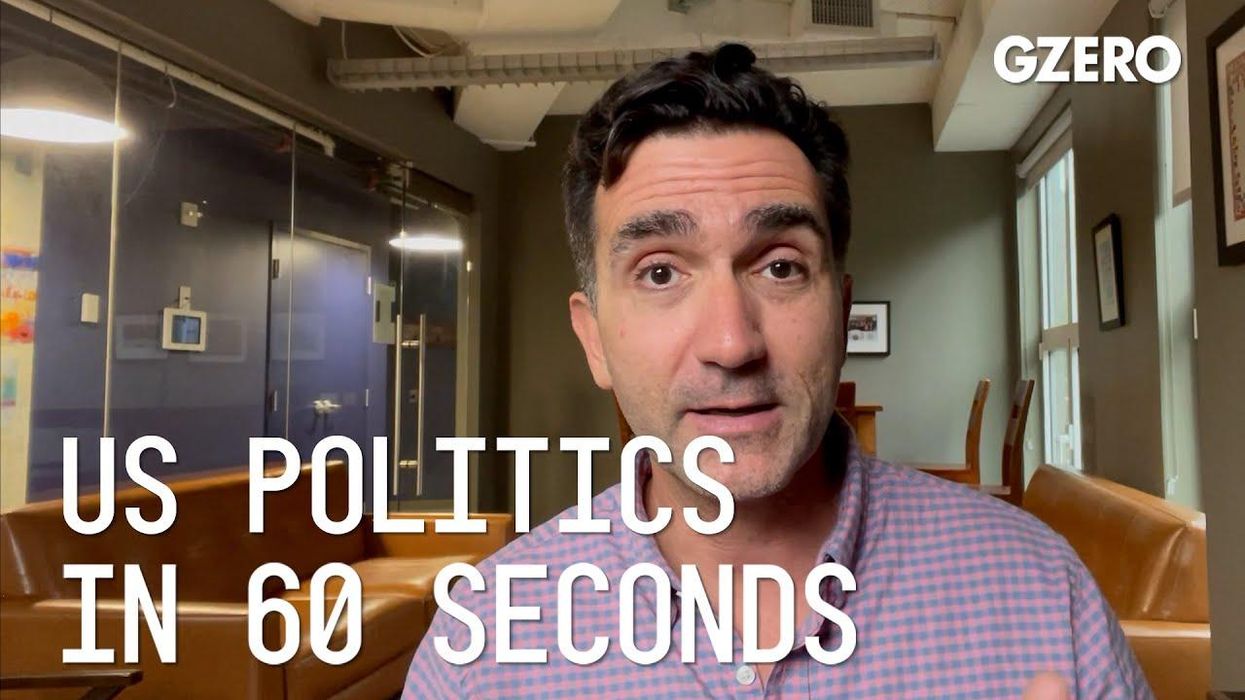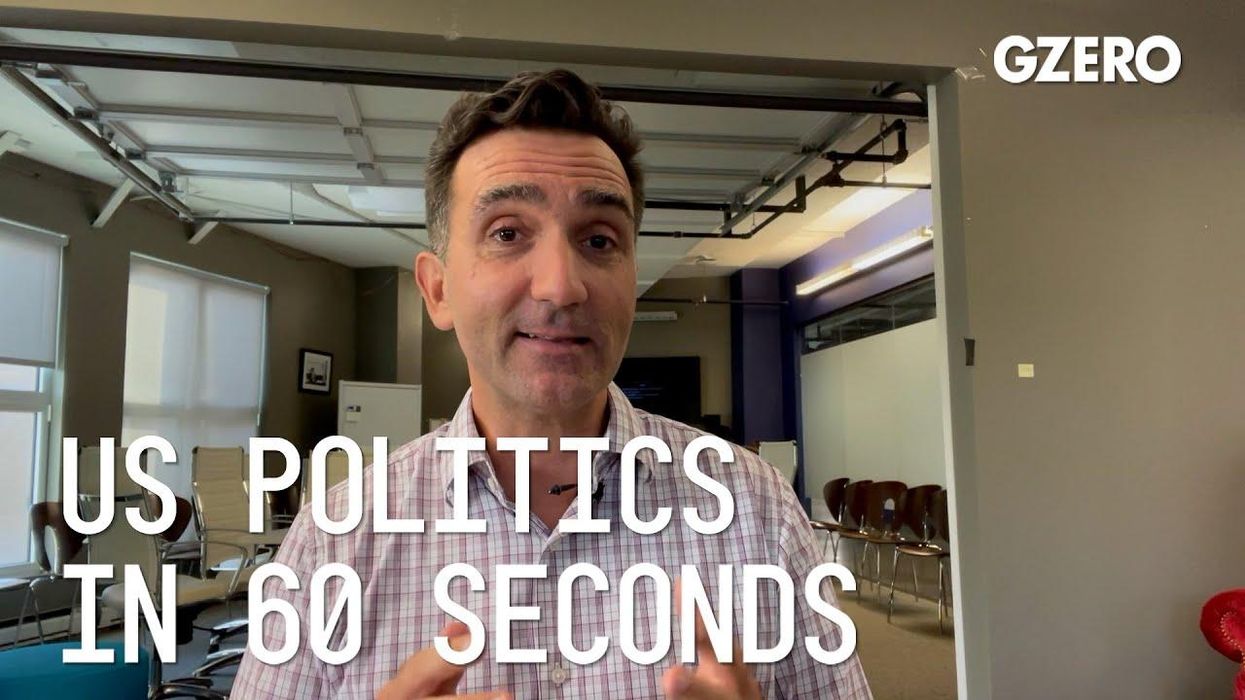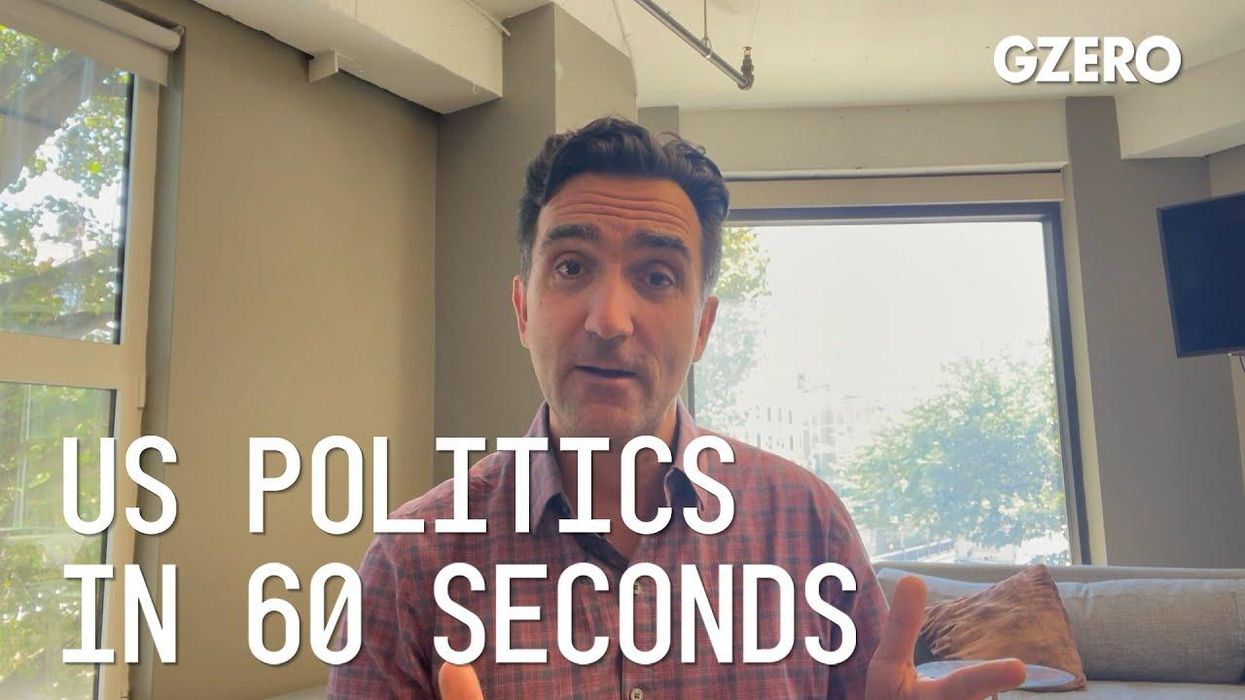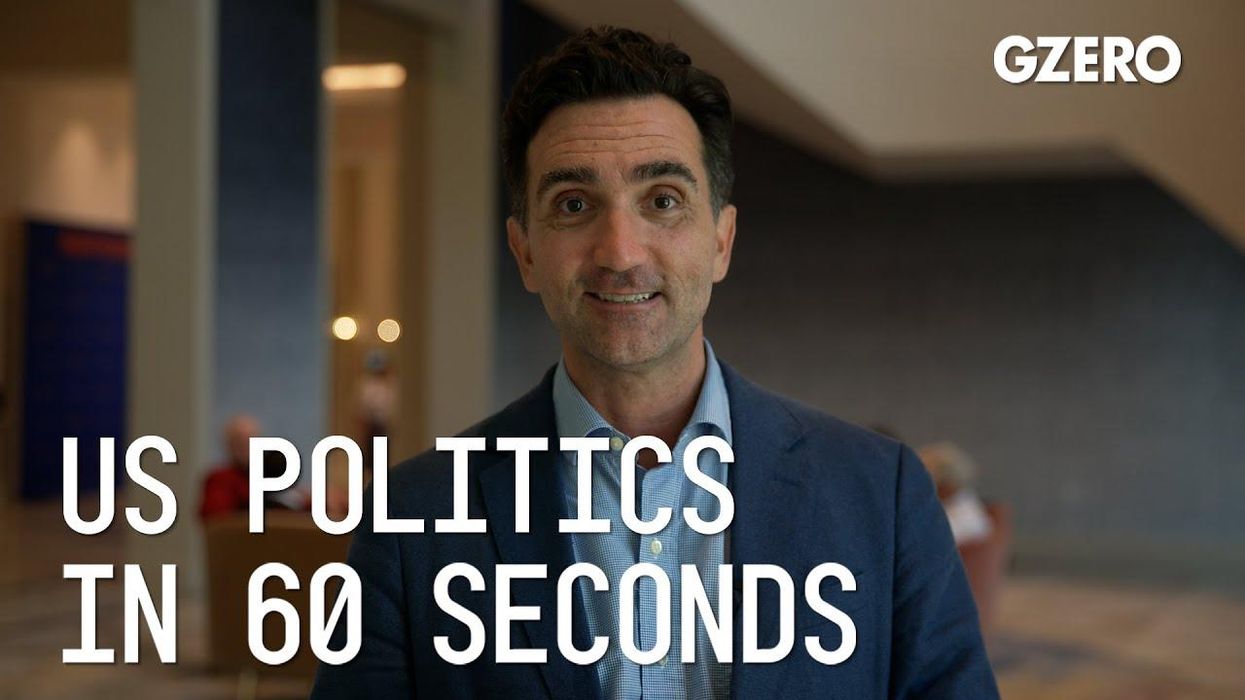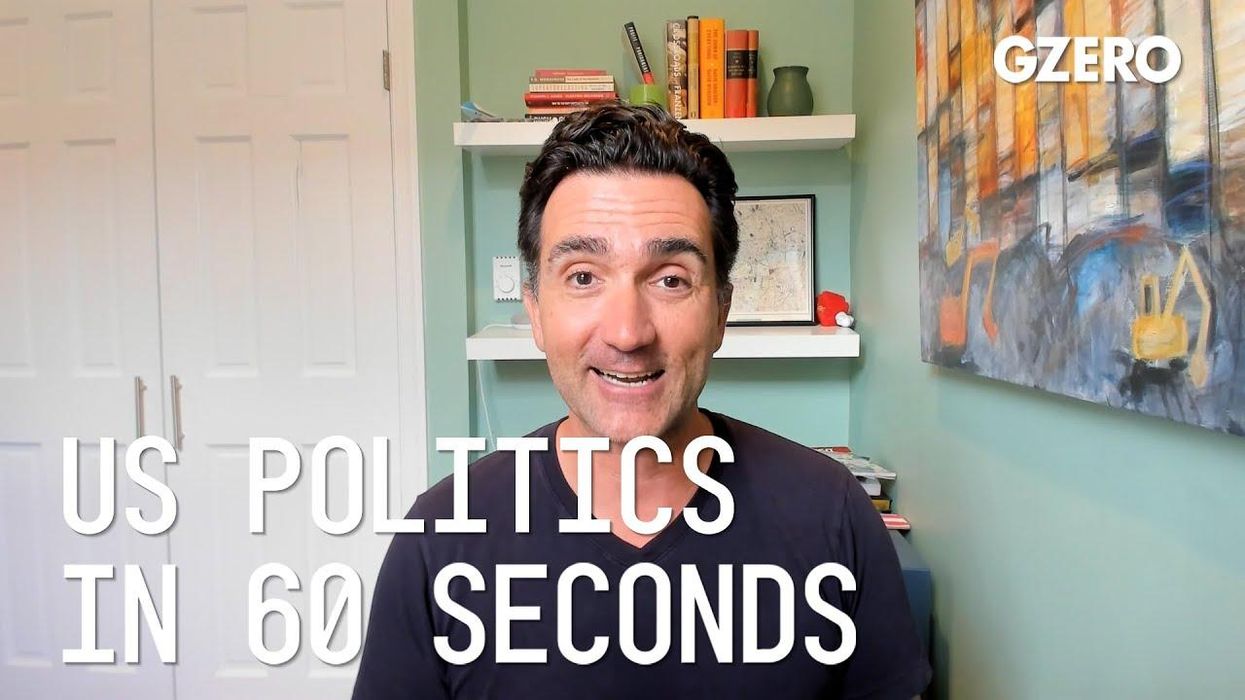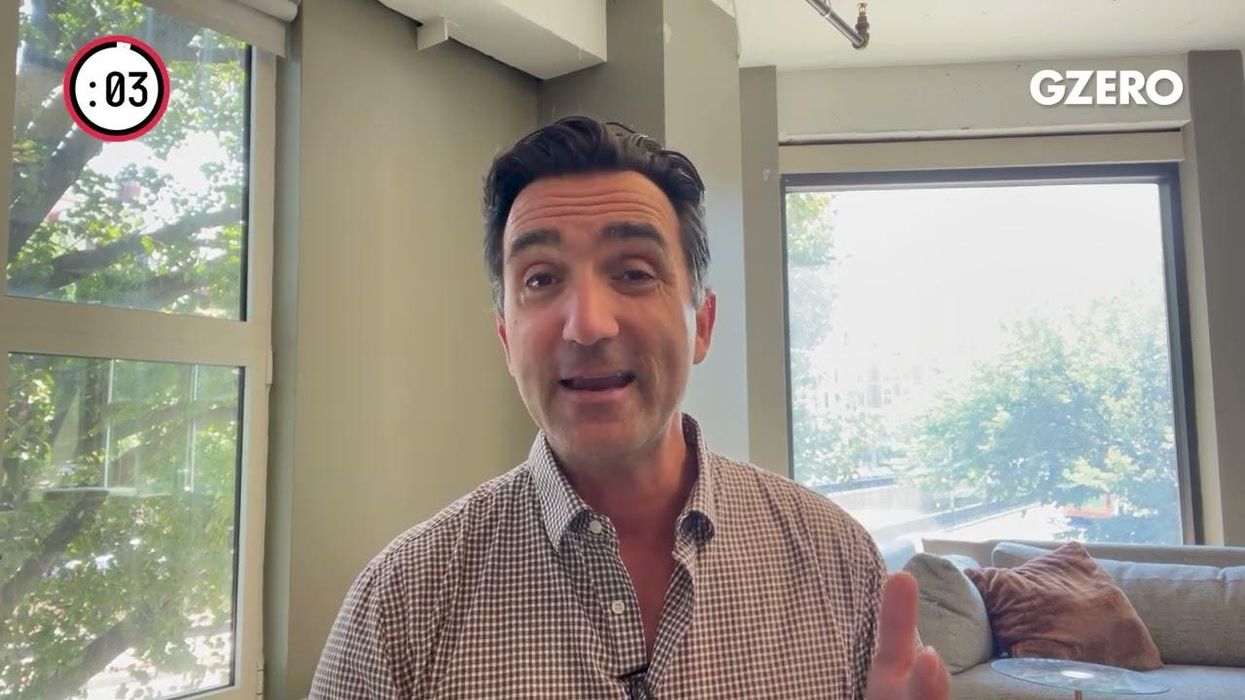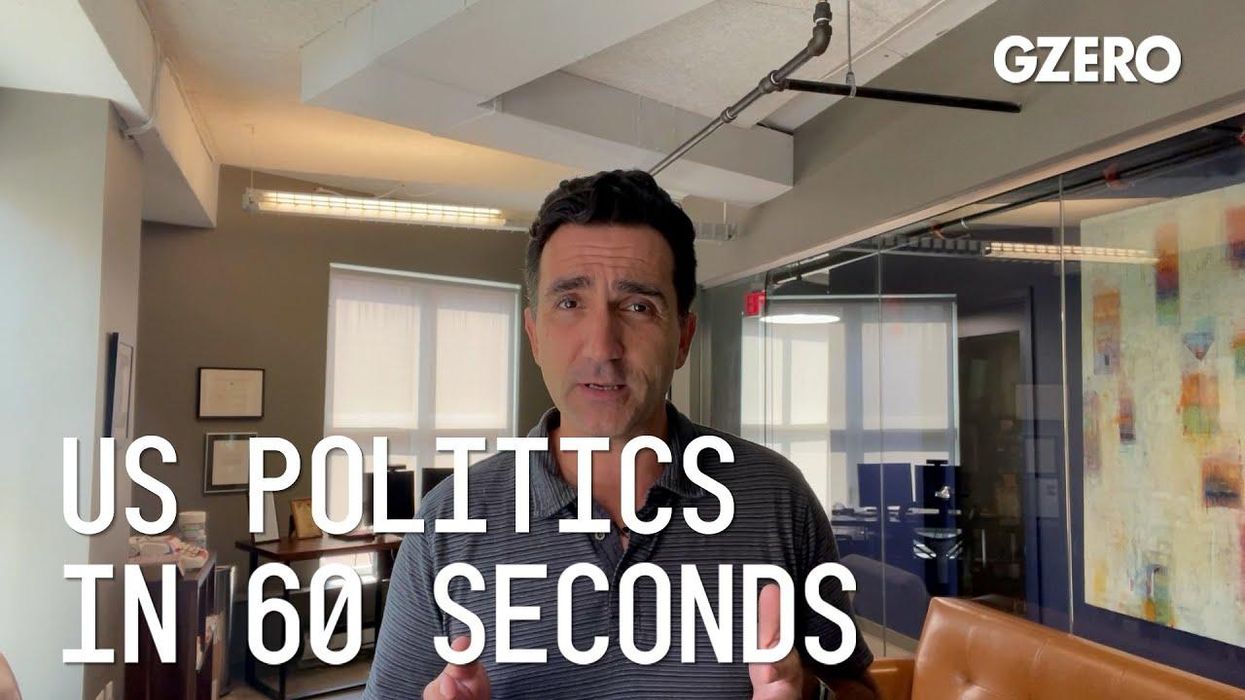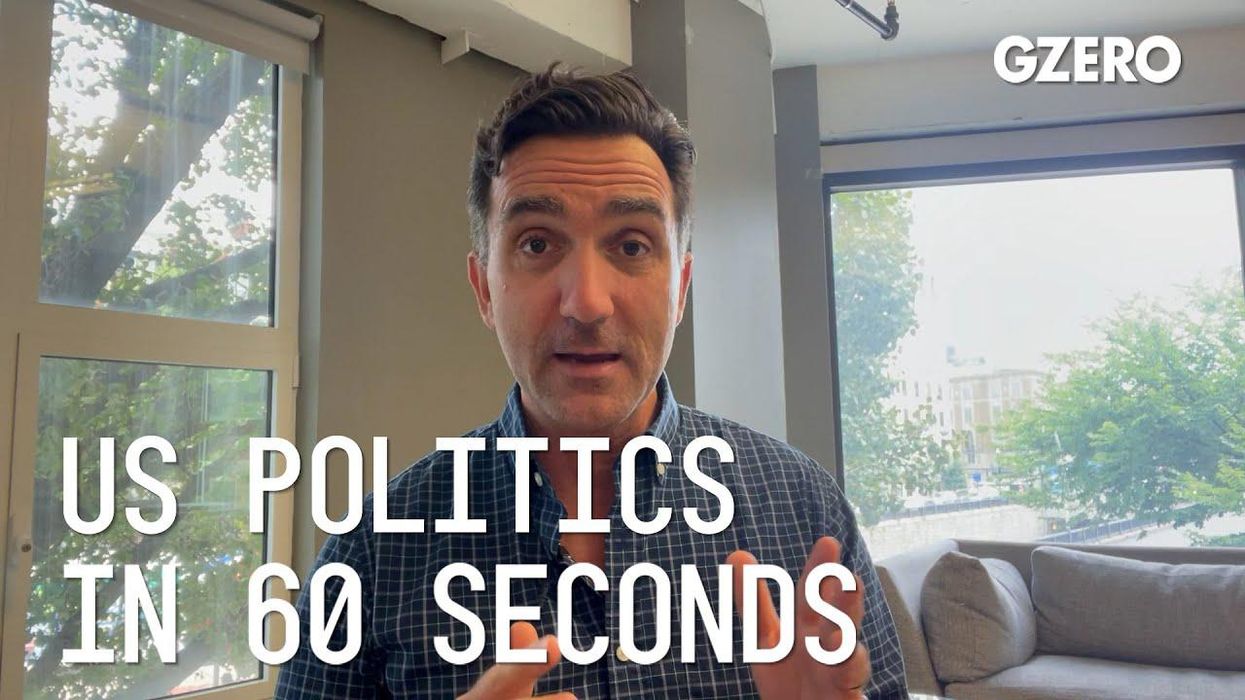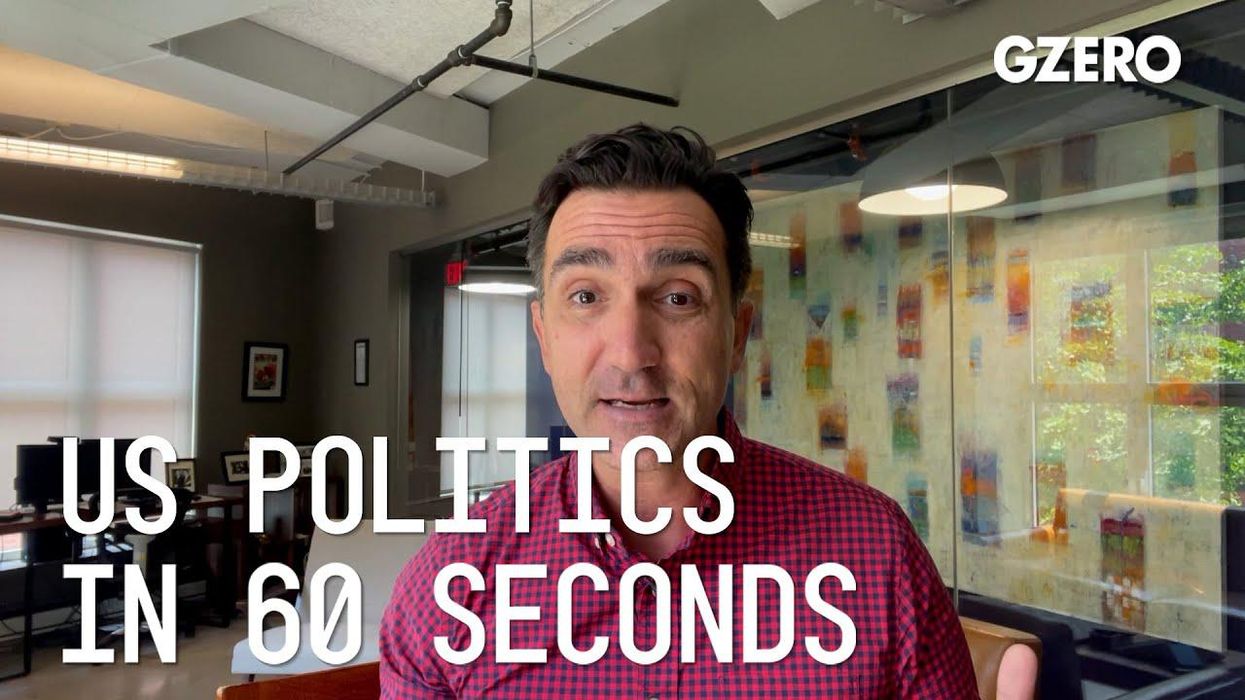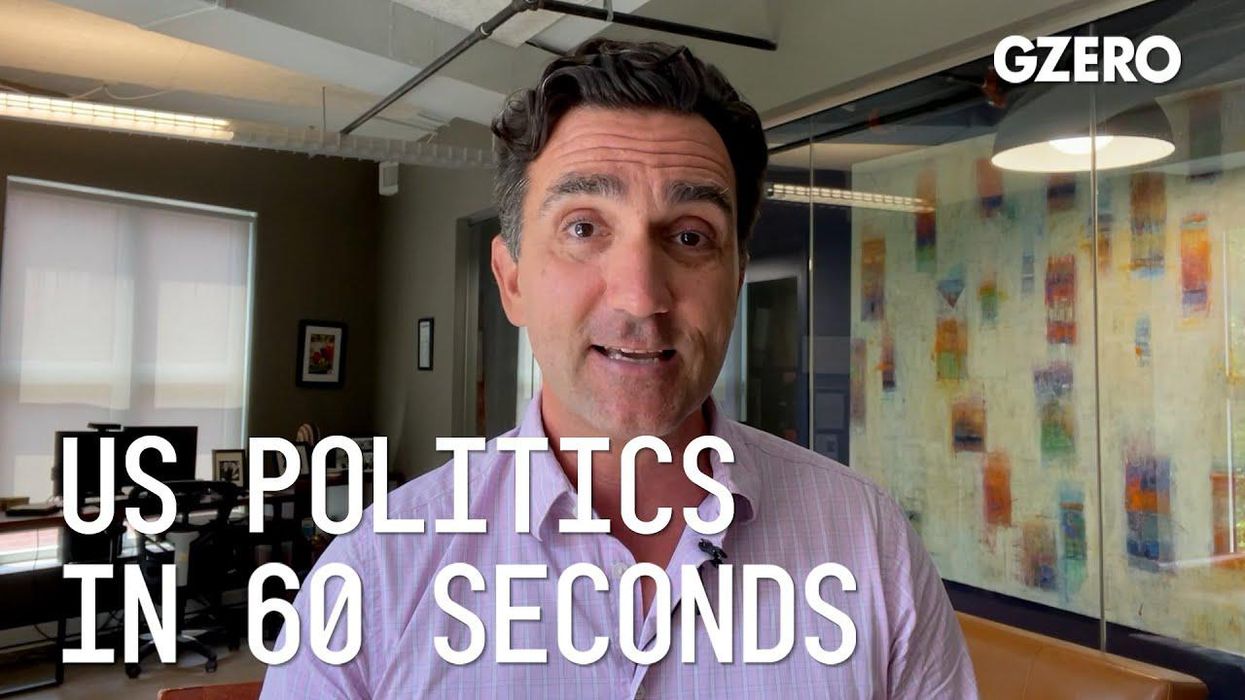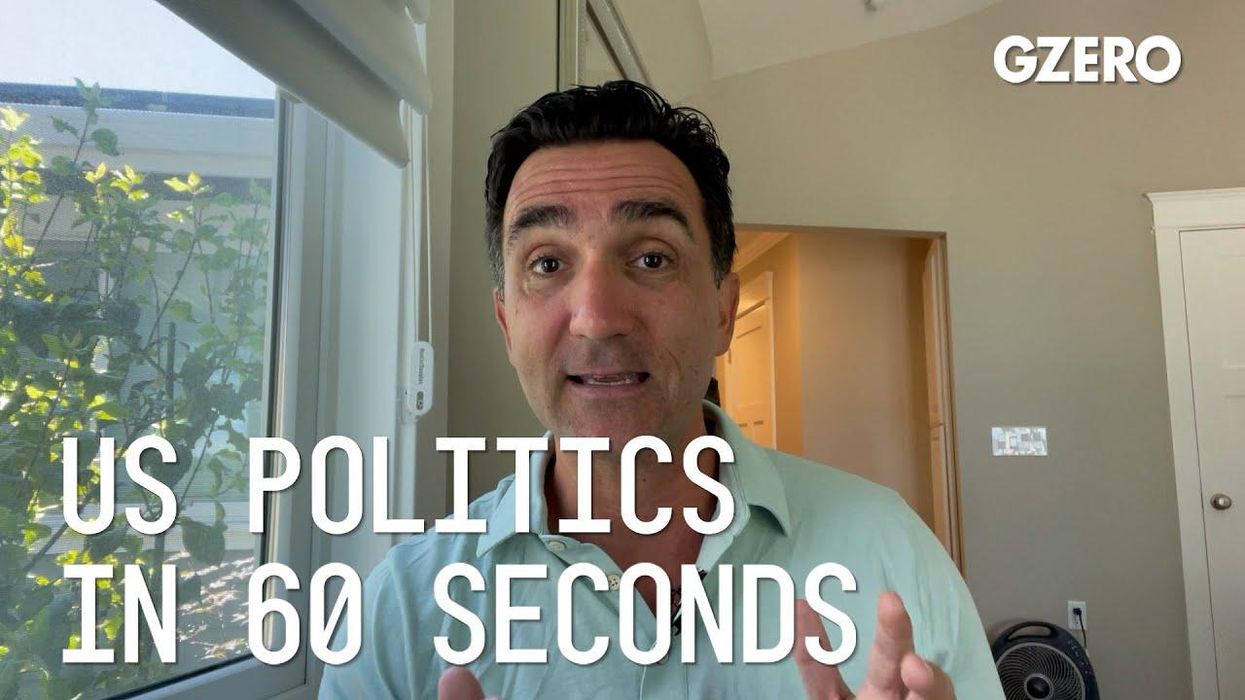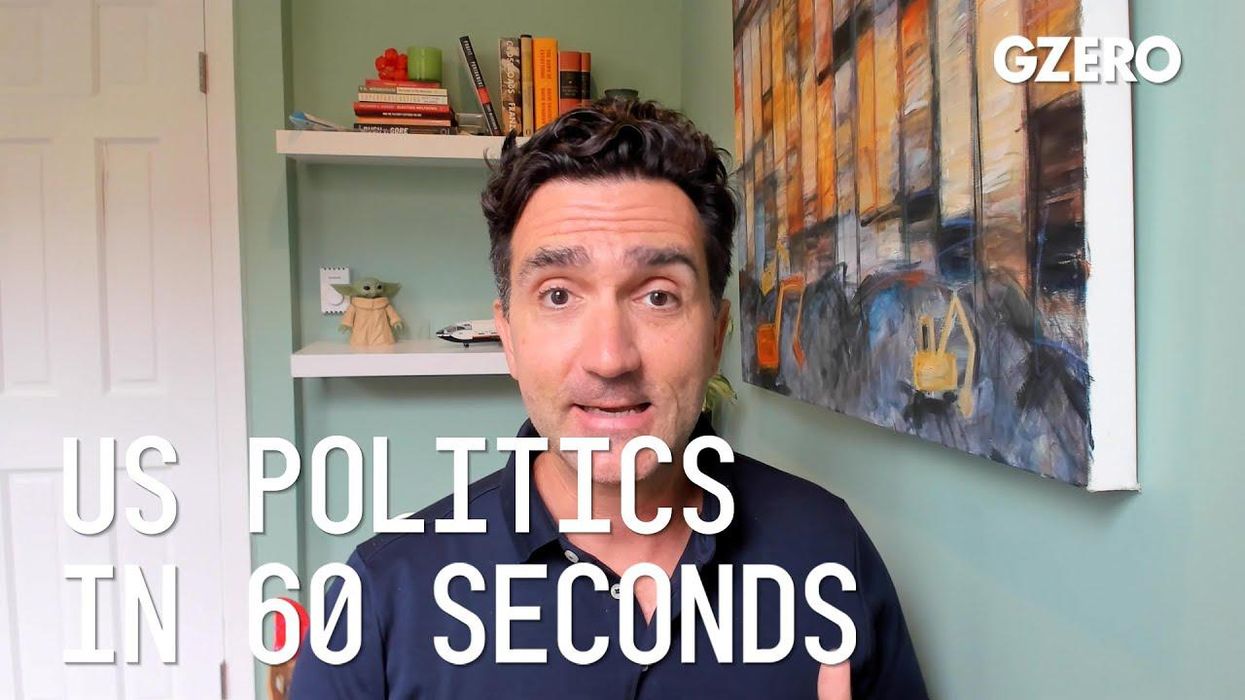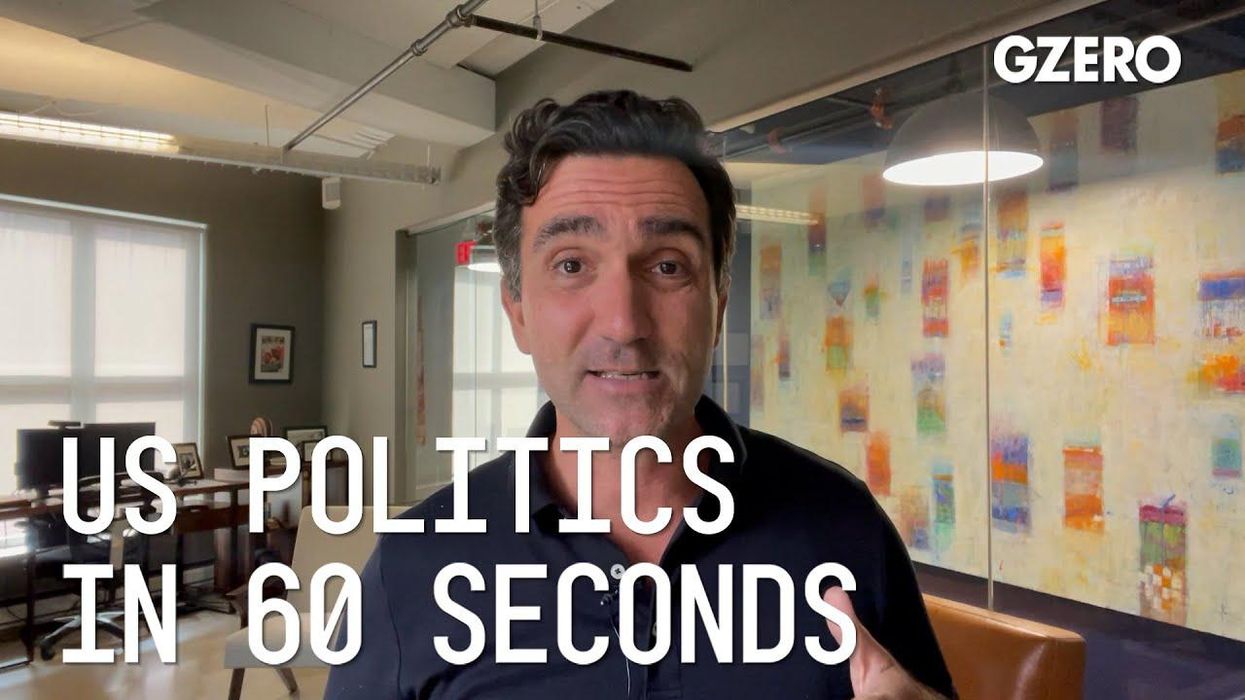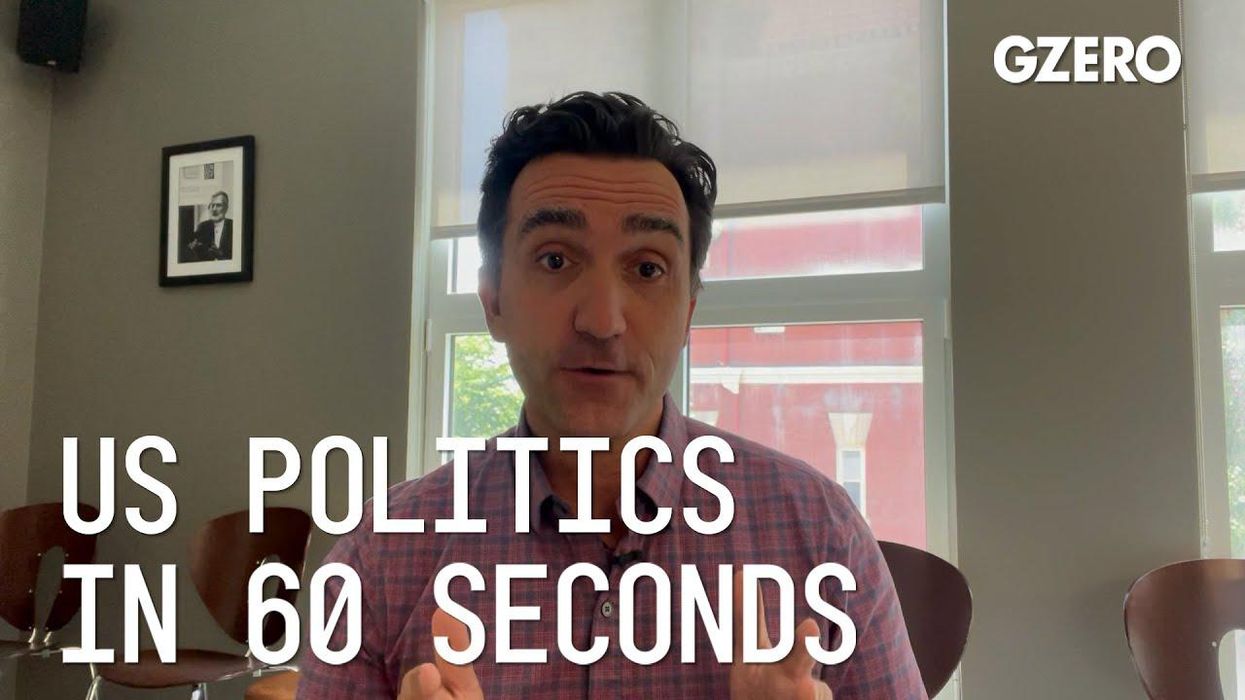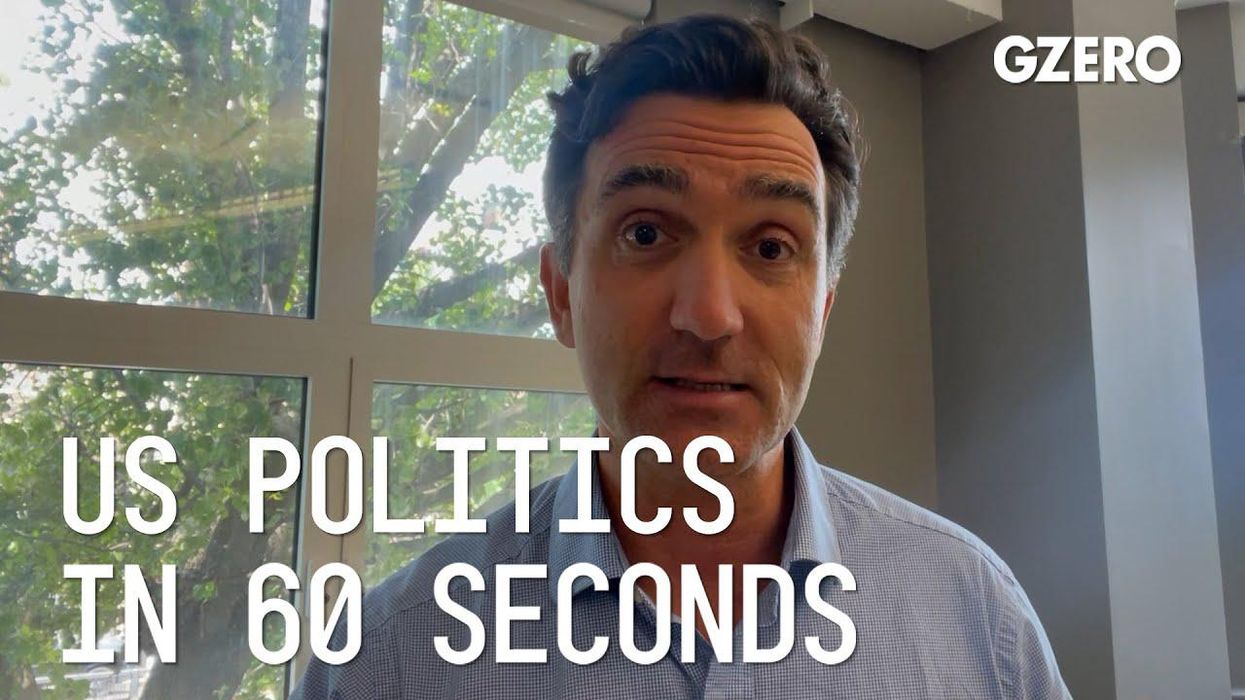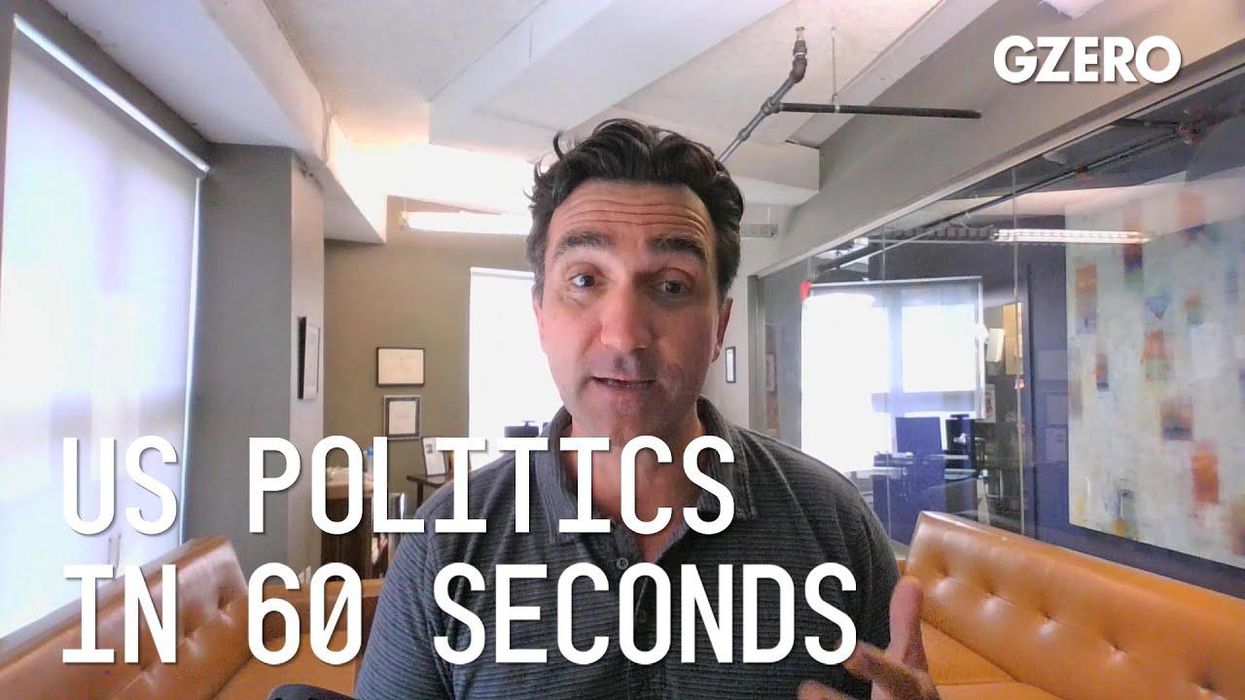VIDEOSGZERO World with Ian BremmerQuick TakePUPPET REGIMEIan ExplainsGZERO ReportsAsk IanGlobal Stage
Site Navigation
Search
Human content,
AI powered search.
Latest Stories
Start your day right!
Get latest updates and insights delivered to your inbox.
US Politics In 60 Seconds
Get insights on the latest news in US politics from Jon Lieber, head of Eurasia Group's coverage of political and policy developments in Washington
Presented by
Jon Lieber, head of Eurasia Group's coverage of political and policy developments in Washington, DC shares his perspective on US politics.
Will President Biden get a budget deal with Republican lawmakers?
In what's become an almost annual exercise, the US needs to increase its debt limit once again. With over $31 trillion on the national debt, Congress has to authorize the ability for treasury to borrow any more, and the new Republican majority in the House sees this as an opportunity to try to force President Biden into achieving some long-term budget cuts. The house passed a bill last month that would cut spending by about $4 trillion over the next 10 years. President Biden has proposed a budget that would reduce the deficit by over $3 trillion over the next 10 years through a combination of spending cuts and tax increases. The Republicans have no interest whatsoever in those tax increases, however, so what they're negotiating towards is a package of spending cuts over 10 years that would probably cut budget deficits by somewhere between $1-2 trillion. However, President Biden up until about a week ago said that he was not open to negotiating on the debt limit, and instead wanted to keep the discussions focused around the government's annual appropriations process, which is supposed to take place around September 30th. With the debt limit deadline coming up on or around June 1st, the US could potentially default if lawmakers have not achieved a deal well in advance of that deadline, which we're about two weeks away from right now. Negotiations are just starting to heat up between Speaker Kevin McCarthy's staff and the White House staff. President Biden has canceled part of his trip to Asia in order to come back to the United States to finish these negotiations. And this very well could come down to the wire, which is making markets very nervous about the fact that the US may not be able to make payments to certain people starting sometime in early June.
The two sides right now are very far apart and Democrats in Congress are extremely worried that Biden's going to agree to something they don't want to do, including new work requirements to social benefit programs like SNAP benefits or Medicaid. And Republicans have a whole other list of accomplishments they'd like to see get done, like building a new border wall or doing something about a migrant crisis on the southern border. So while the two sides look very far apart right now, one thing that most of them agree on is that the US can never default. And the real risk here is that you have some Republicans who fundamentally don't believe that going past what's called the X date where the US spends down all its cash balances and can't borrow anymore would lead to a default because the administration has the ability to prioritize payments to some claimants and not others.
This is a very risky scheme, however, that's never been tested. Treasury Secretary Janet Yellen does not want to test it, doesn't want to be the first Treasury Secretary to have to test it, and so a deal is probably going to come together before the X date. What that deal looks like, though, we have a long way to go before we find out.
Keep reading...Show less
More from US Politics In 60 Seconds
How Biden’s presidency will be remembered
January 18, 2025
What Trump’s cabinet picks reveal so far
November 22, 2024
US election: GOP could win a Trump-led sweep
November 06, 2024
2024 US election: What to look out for
November 04, 2024
Defining Kamala Harris at DNC 2024
August 23, 2024
DNC unites around 3 key themes
August 22, 2024
Why Project 2025 is getting so much attention at the DNC
August 21, 2024
DNC Night 2: Obama set to rally support for Harris
August 20, 2024
What Tim Walz adds to Kamala Harris' campaign
August 06, 2024
With Biden out, can Kamala Harris defeat Trump?
July 21, 2024
RNC shows how Trump has transformed GOP
July 19, 2024
Trump's pick for VP: JD Vance
July 15, 2024
Will the Trump attack shift GOP approach at the RNC?
July 15, 2024
Why replacing Biden would be a challenge
June 28, 2024
Trump's VP pick: The short list
June 21, 2024
Trump has been found guilty. Will voters care?
May 30, 2024
Campus protests spill over into US political sphere
May 02, 2024
Trump's NYC hush-money trial: What to watch for
April 11, 2024
How Trump's money problems could affect the 2024 election
March 29, 2024
Biden's vigorous SOTU speech aims to prove doubters wrong
March 08, 2024
Why Mitch McConnell is stepping down
February 28, 2024
3 themes to watch as US election season begins
January 10, 2024
Ballot battle: Colorado vs Trump
December 20, 2023
What Democrats and Republicans have in common this Thanksgiving
November 22, 2023
Biden's 2024 prospects slip even as Democrats make gains
November 09, 2023
Meet Mike Johnson, US House Speaker & DC's most Googled person
October 26, 2023
Is Biden's embrace of Israel a political liability for him?
October 20, 2023
What's next after Kevin McCarthy's ouster?
October 03, 2023
The implications of Senator Feinstein's passing
September 29, 2023
US government shutdown: No end in sight
September 28, 2023
Mitt Romney will be defined by opposing Trump
September 14, 2023
No-show Trump wins first GOP debate
August 24, 2023
Trump skips debate
August 22, 2023
Will Trump's indictment in Georgia do him in?
August 16, 2023
Trump's uncertain future amid new indictments
July 28, 2023
Hunter Biden's legal issues are an opportunity for GOP
July 27, 2023
Threads, Twitter, & the 2024 US election
July 11, 2023
Why Mexico is a key issue in the 2024 US election
June 29, 2023
Timing on Trump's federal trial has huge implications
June 09, 2023
Biden & McCarthy both win in debt ceiling showdown
June 02, 2023
DeSantis' 2024 strategy: dominate the internet
May 24, 2023
2024 elections: Another likely Biden v Trump extravaganza
April 26, 2023
Subsidy game could hurt Canada-US relations
April 03, 2023
Hugely popular TikTok unlikely to be banned by US Congress
March 25, 2023
SVB political fallout ... not as dramatic as you think
March 16, 2023
Biden shifting to center ahead of 2024 reelection bid
March 08, 2023
Nikki Haley's in, but GOP primary remains Trump/DeSantis showdown
February 15, 2023
State of the Union a Biden 2024 campaign preview
February 08, 2023
Biden's "mini" document scandal could hurt his position with Dems
January 27, 2023
GOP partisanship could trigger first-ever US default
January 19, 2023
Five concessions McCarthy made to become House speaker
January 12, 2023
Speaker vote mess shows how ungovernable US House is
January 05, 2023
Zelensky tells Congress US aid is only path to war resolution
December 22, 2022
Zelensky in Washington for arms & aid, not just symbolic support
December 21, 2022
Independent Kyrsten Sinema won't change the US Senate
December 09, 2022
Warnock's Georgia victory: Dems control every Senate Committee
December 07, 2022
US Dems and GOP can be thankful this Thanksgiving
November 23, 2022
Will Trump’s 2024 candidacy sink Republicans?
November 16, 2022
GOP underperforms and Dems surprise in US midterms
November 09, 2022
US voters think GOP can fix the economy, but can they? Not likely
November 01, 2022
Will the 2022 midterms affect US support for Ukraine?
October 25, 2022
Reading the US midterm election tea leaves
October 18, 2022
Will US Congress change Social Security?
October 13, 2022
GOP wants immigration front and center in midterms
September 23, 2022
Have Republicans ruined their chances of taking the Senate?
September 14, 2022
NatCon 2022: Conservatives rethink foundations of the American right
September 13, 2022
Will the DOJ charge Trump after Mar-a-Lago raid?
August 31, 2022
Trump Mar-a-Lago affidavit: who accessed top secret documents?
August 26, 2022
$10,000 in student loan forgiveness: what's the point?
August 24, 2022
Closing tax loopholes: How US Congress will fund spending bill
August 05, 2022
Are we in a recession?
July 27, 2022
Climate emergency: limited Biden executive power
July 21, 2022
Are US politicians too old?
July 13, 2022
GOP battle with Big Tech reaches the Supreme Court
June 02, 2022
GZERO Series
GZERO Daily: our free newsletter about global politics
Keep up with what’s going on around the world - and why it matters.
